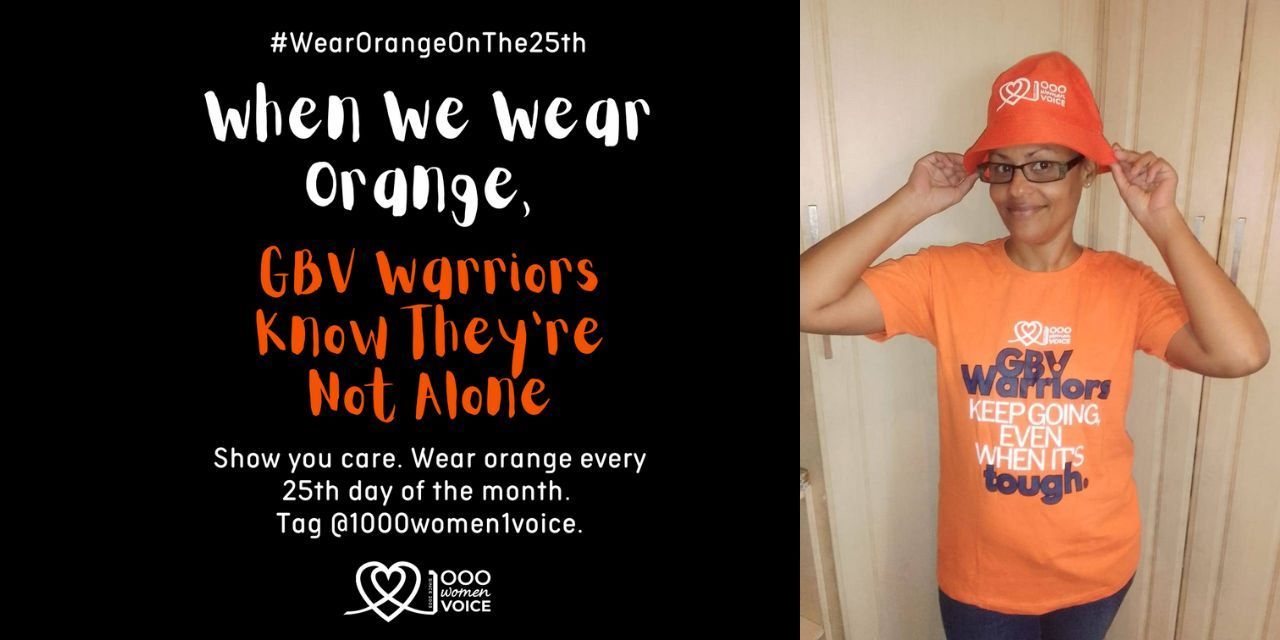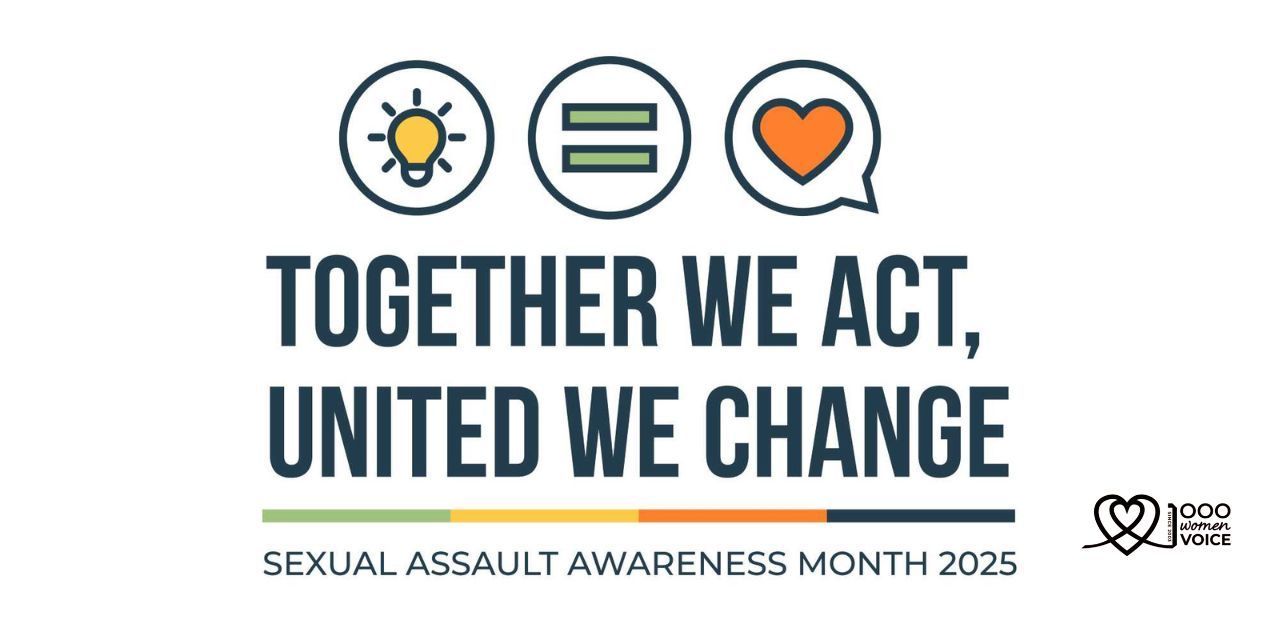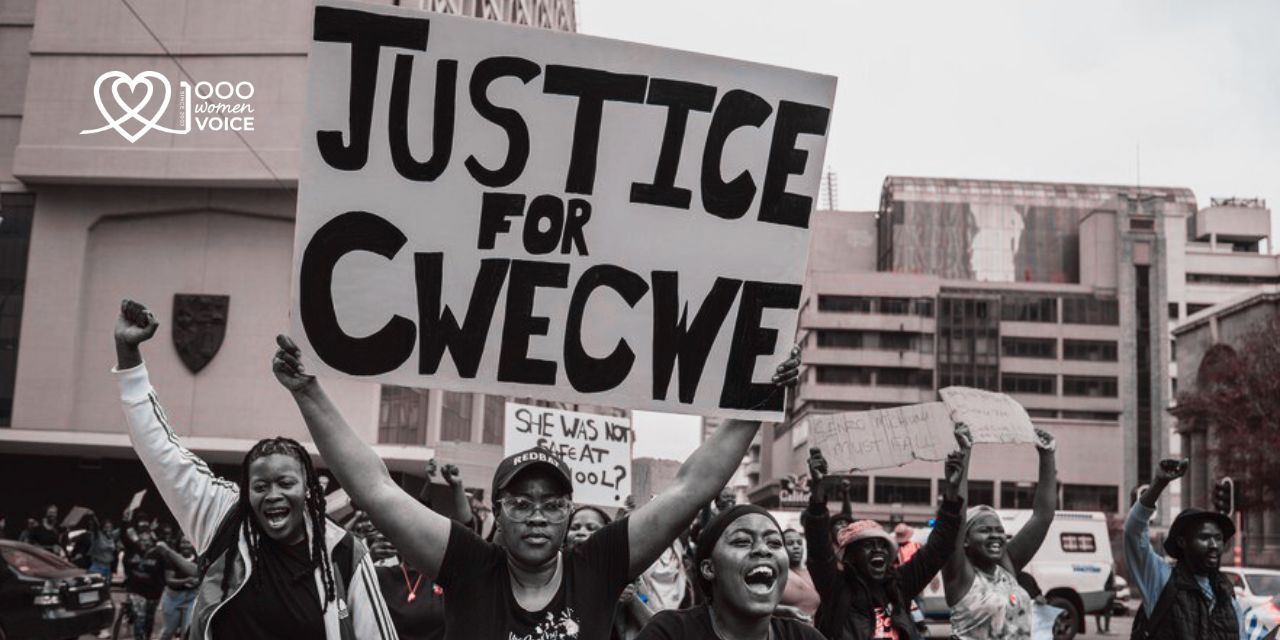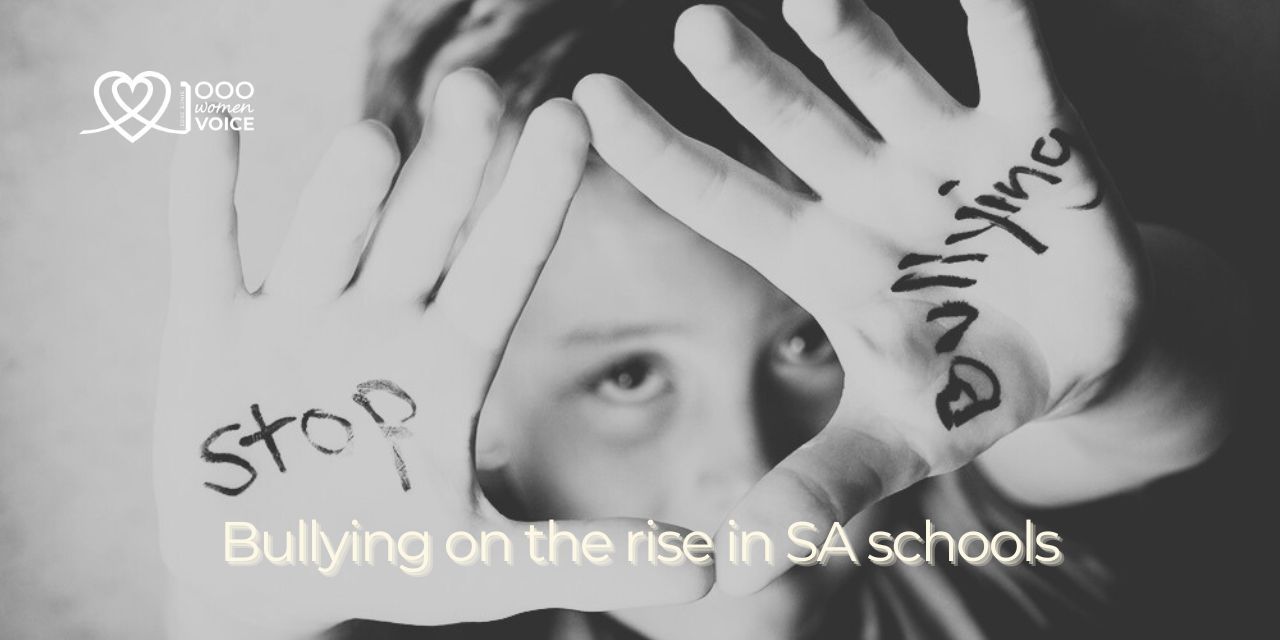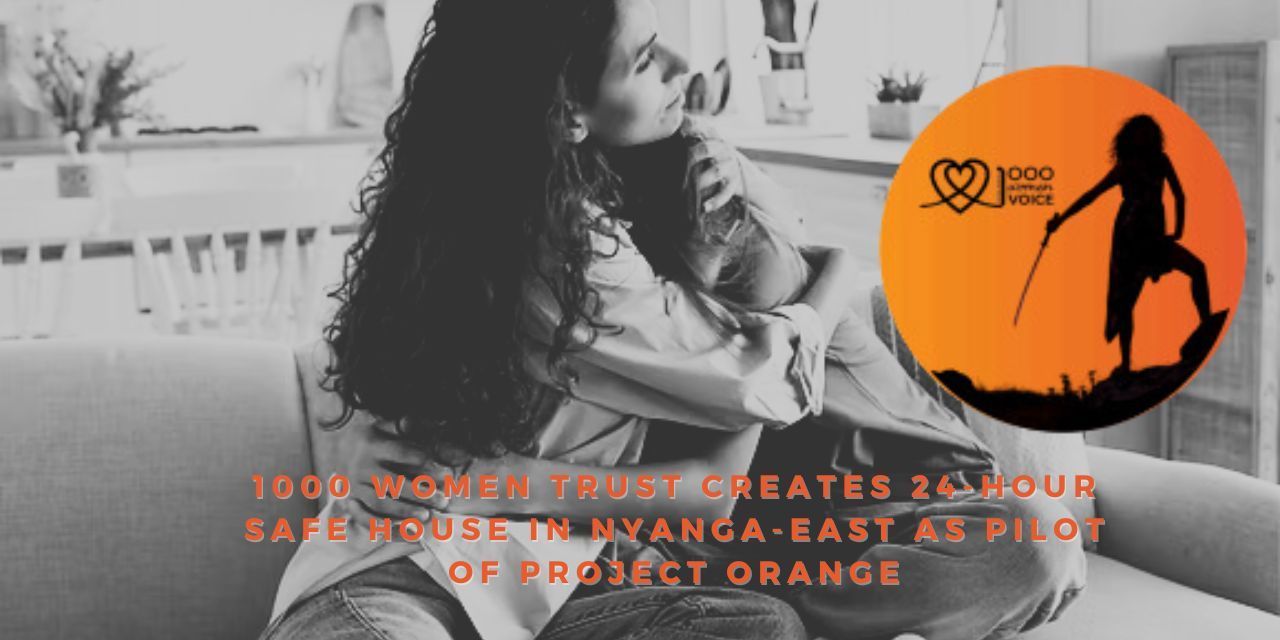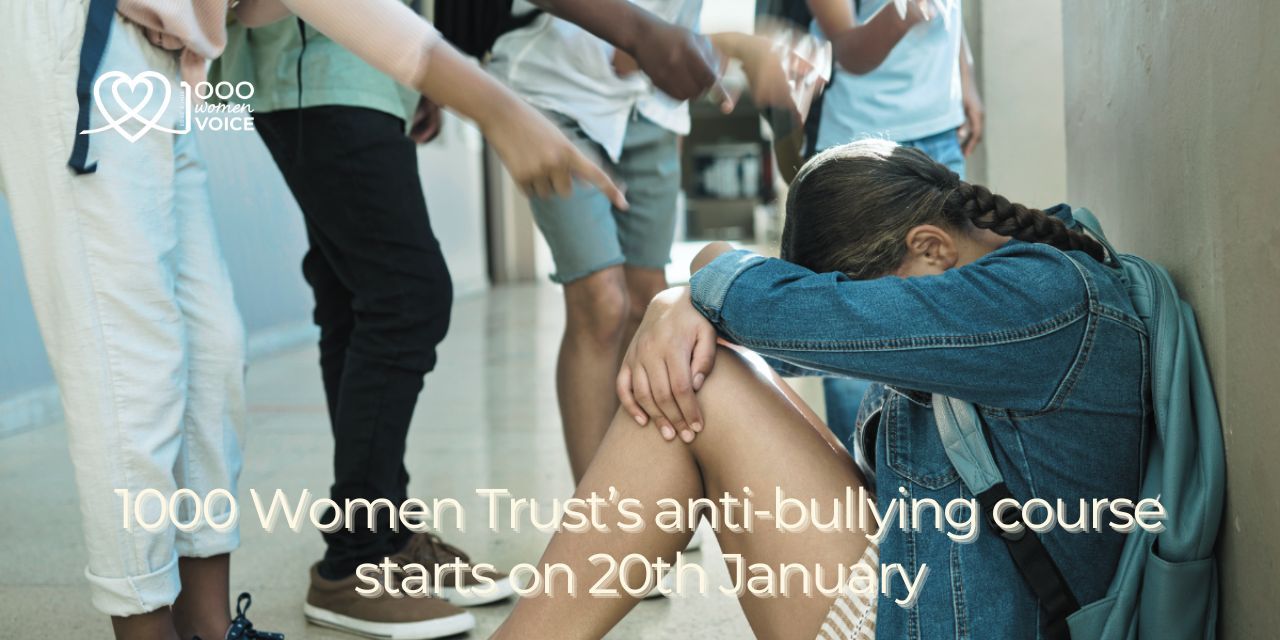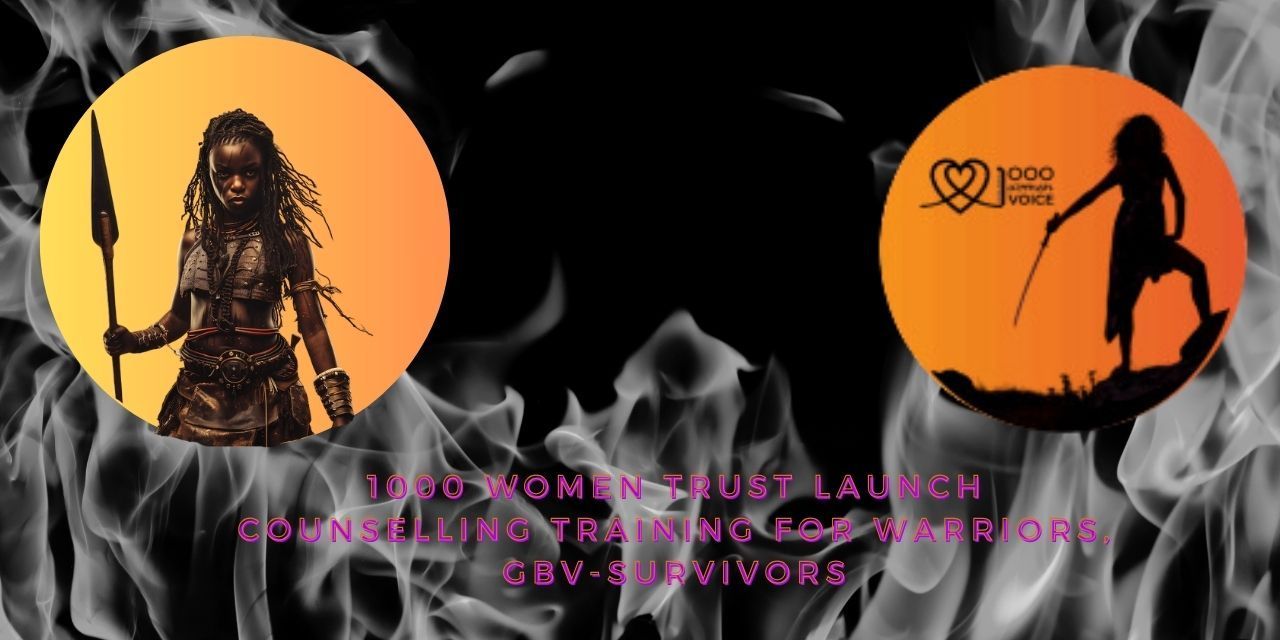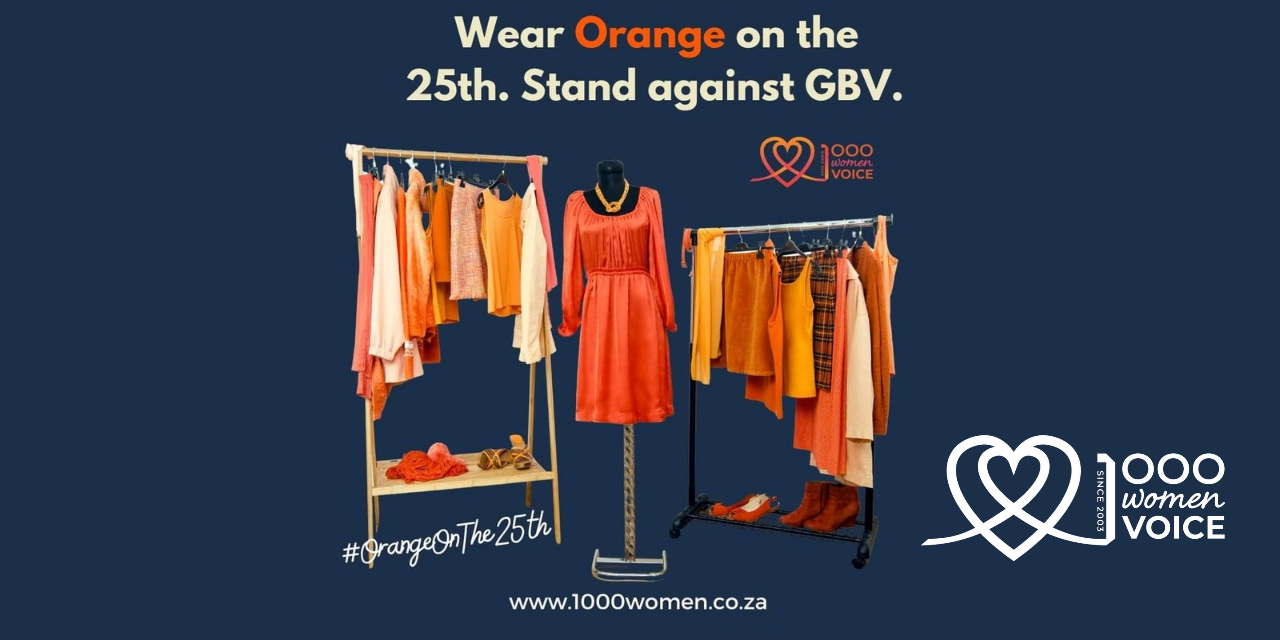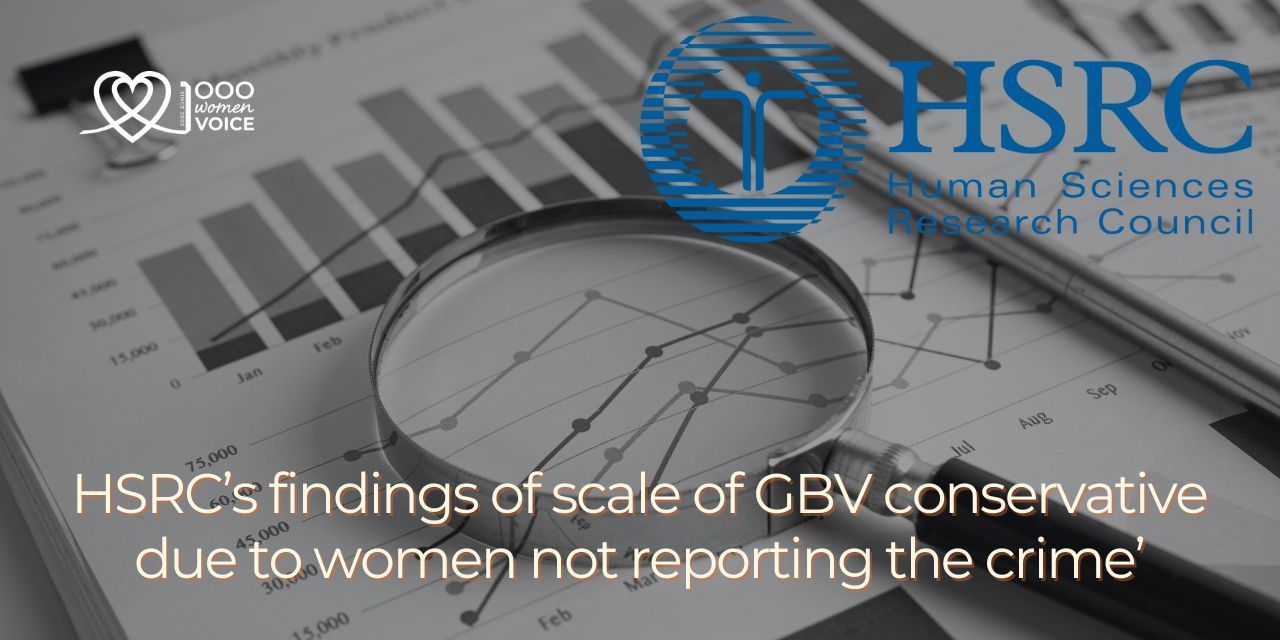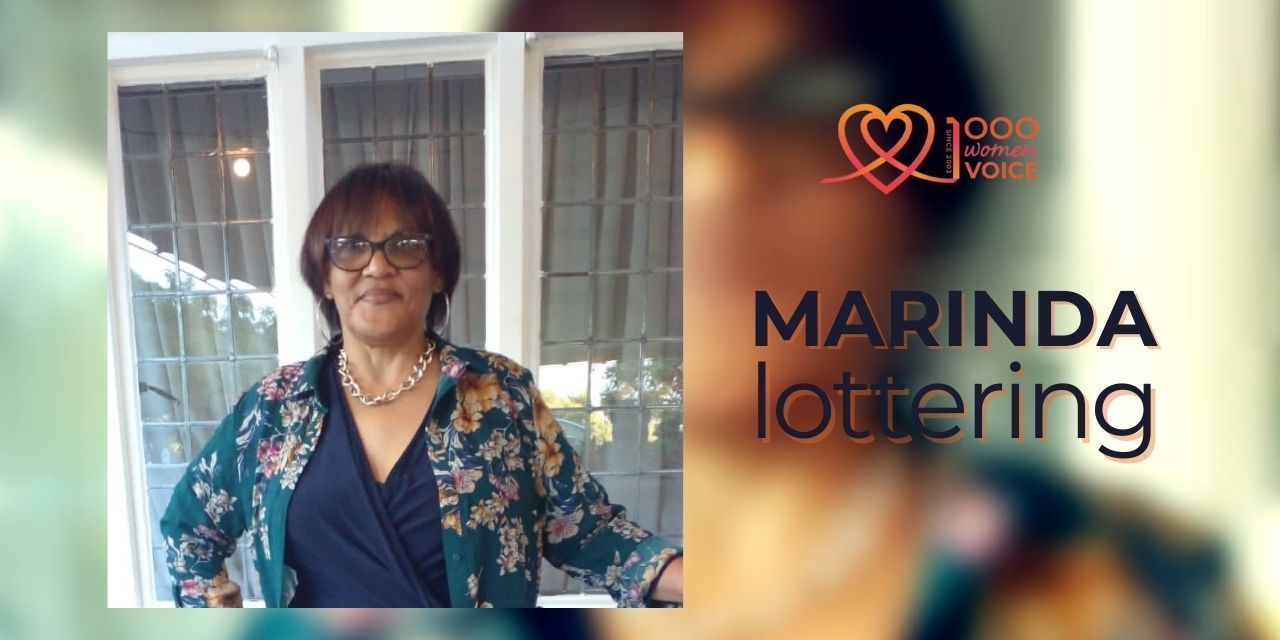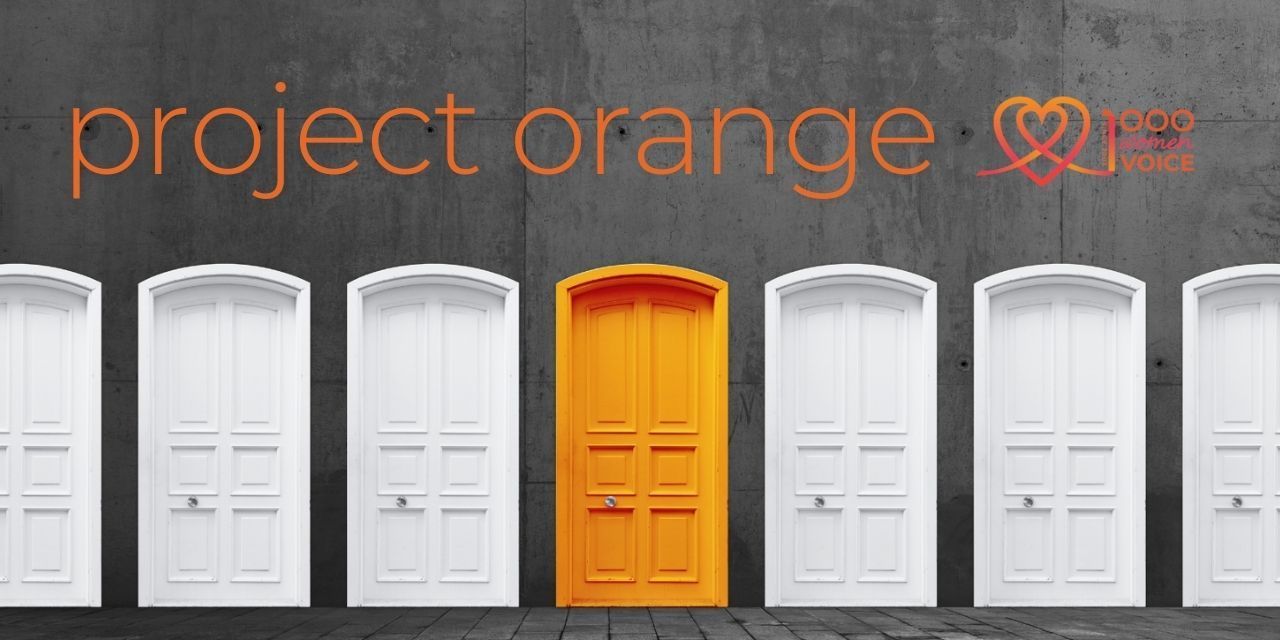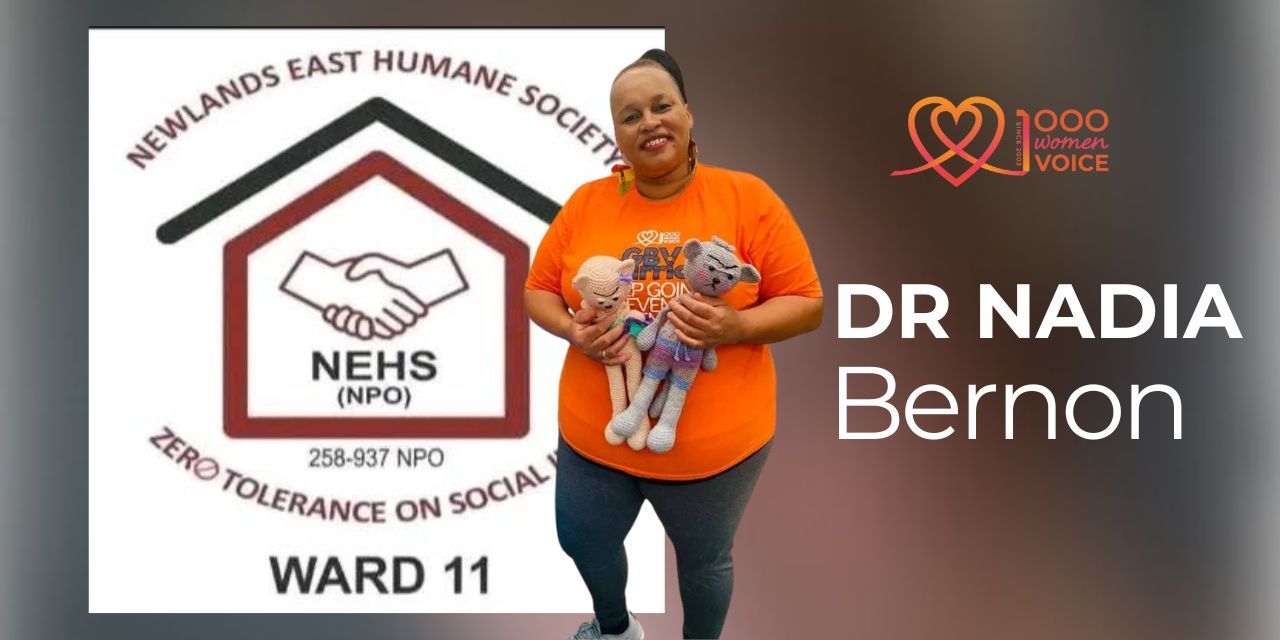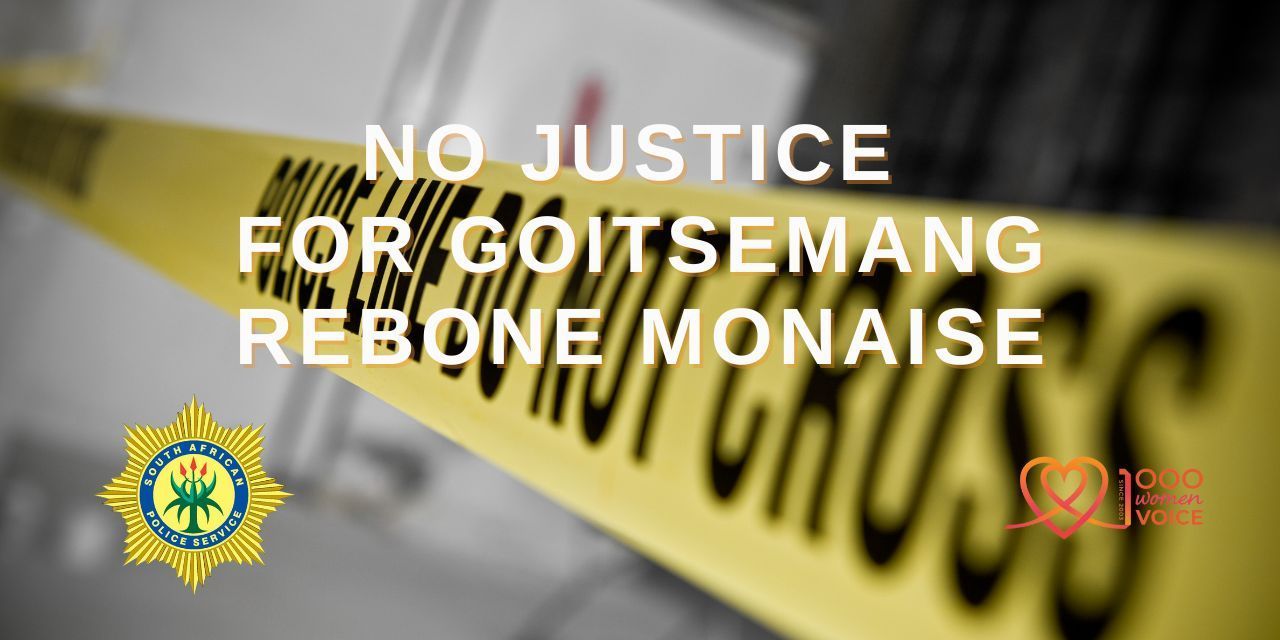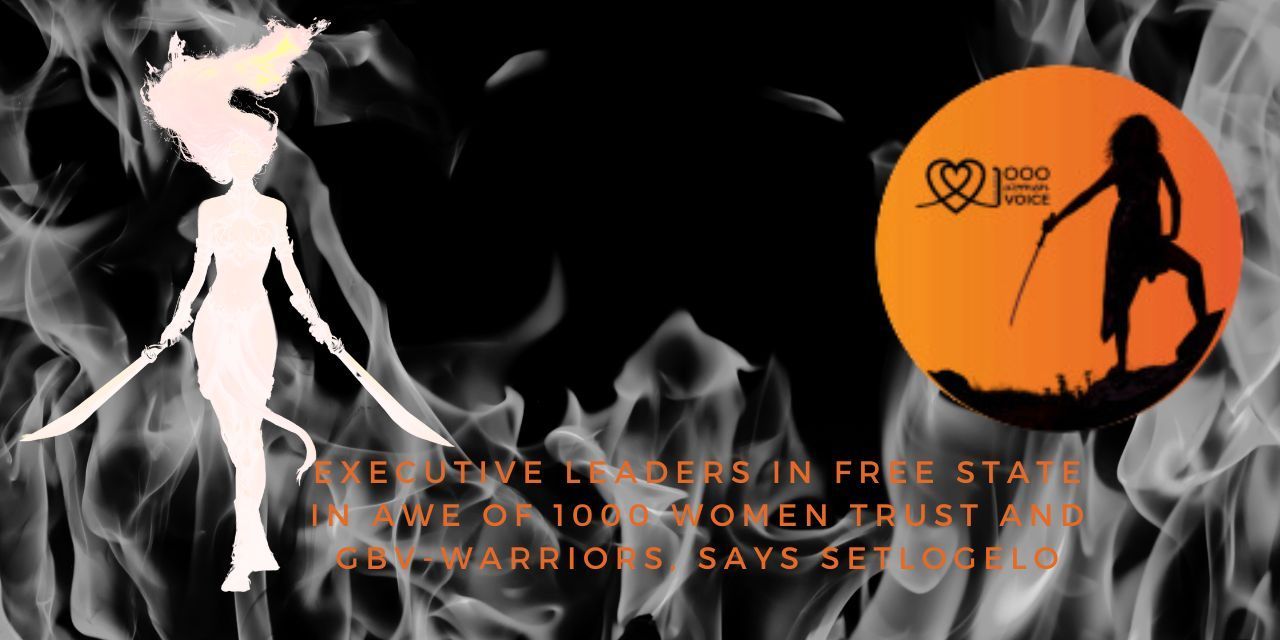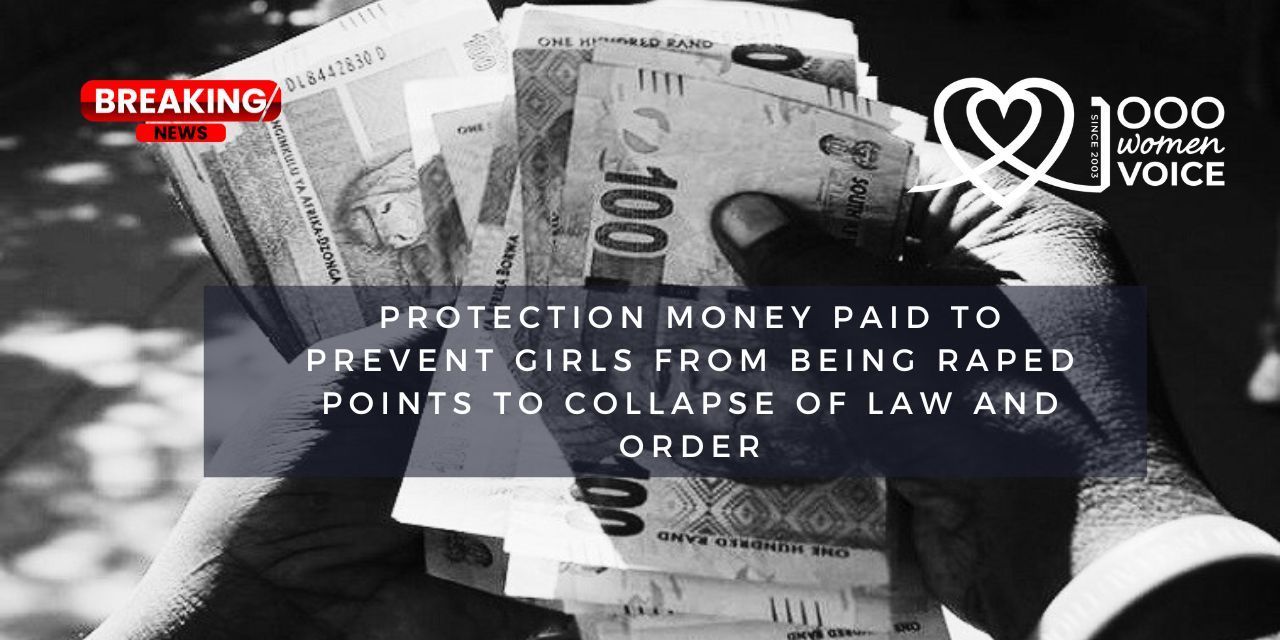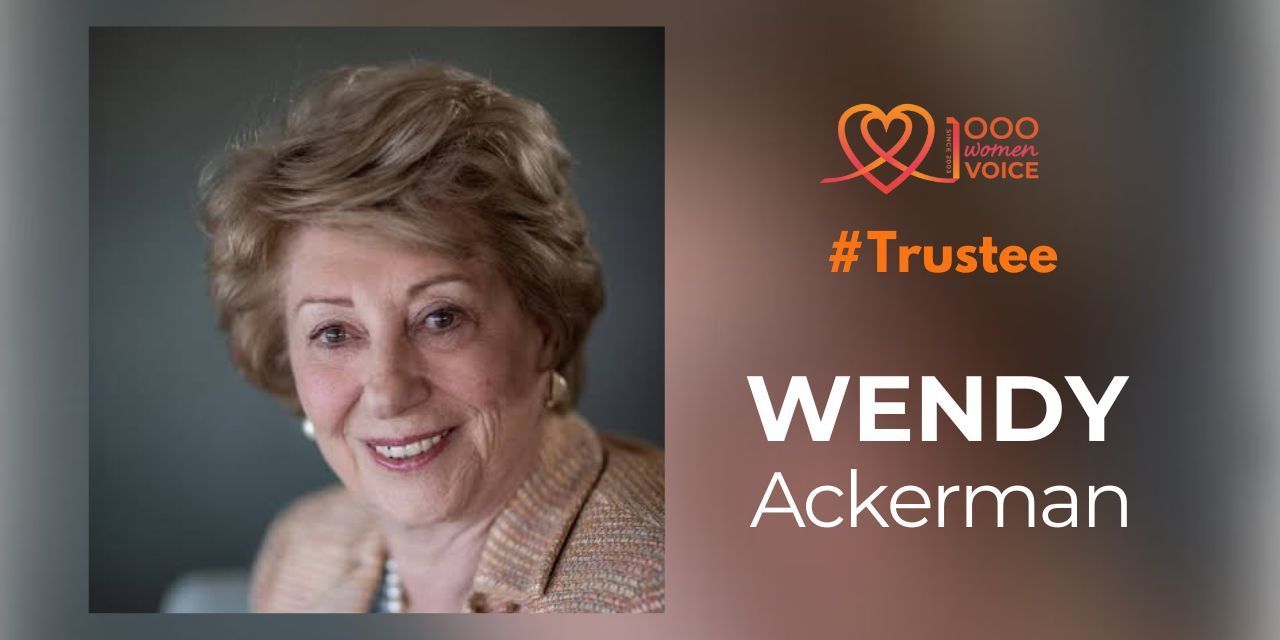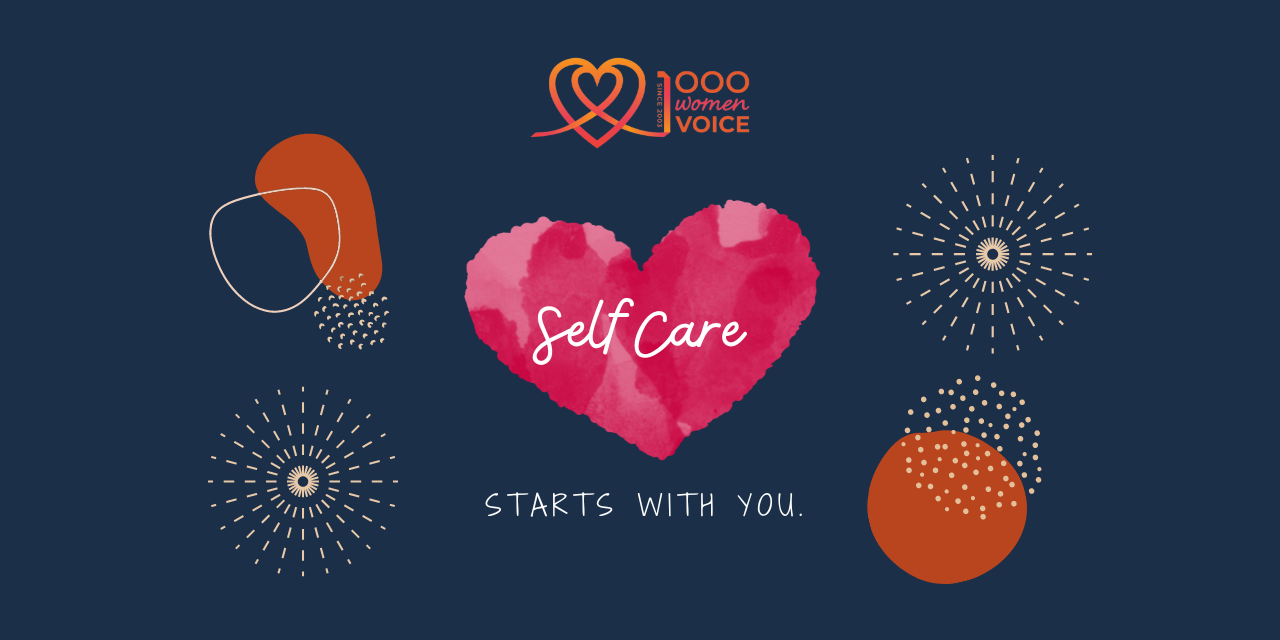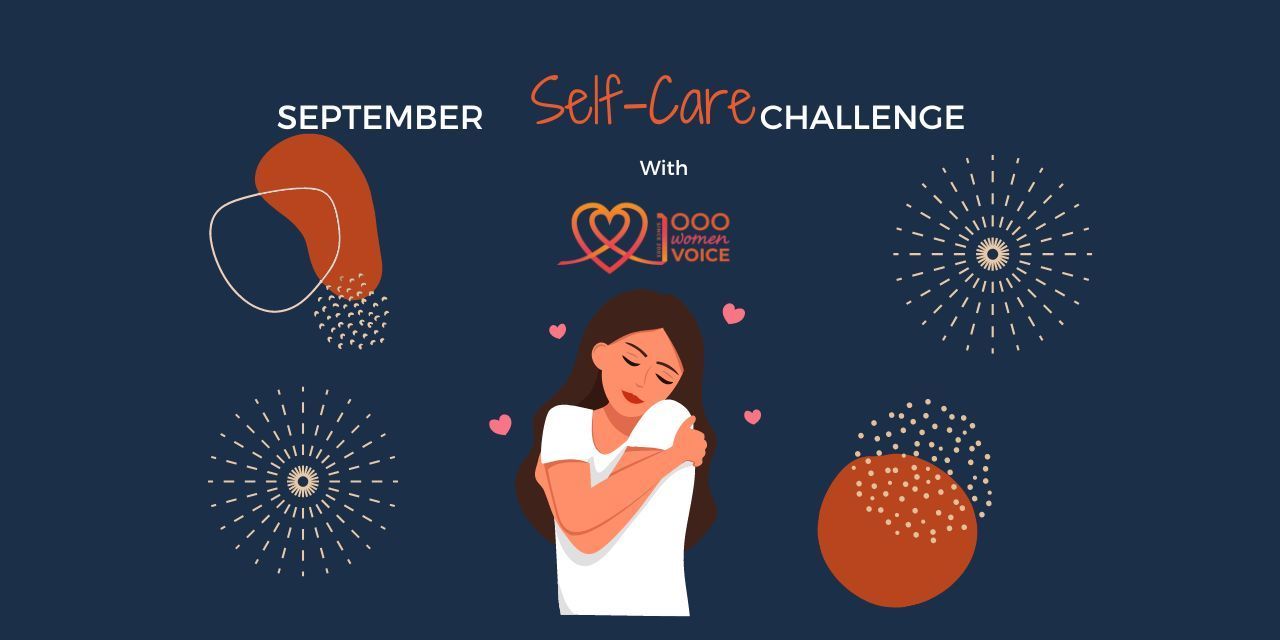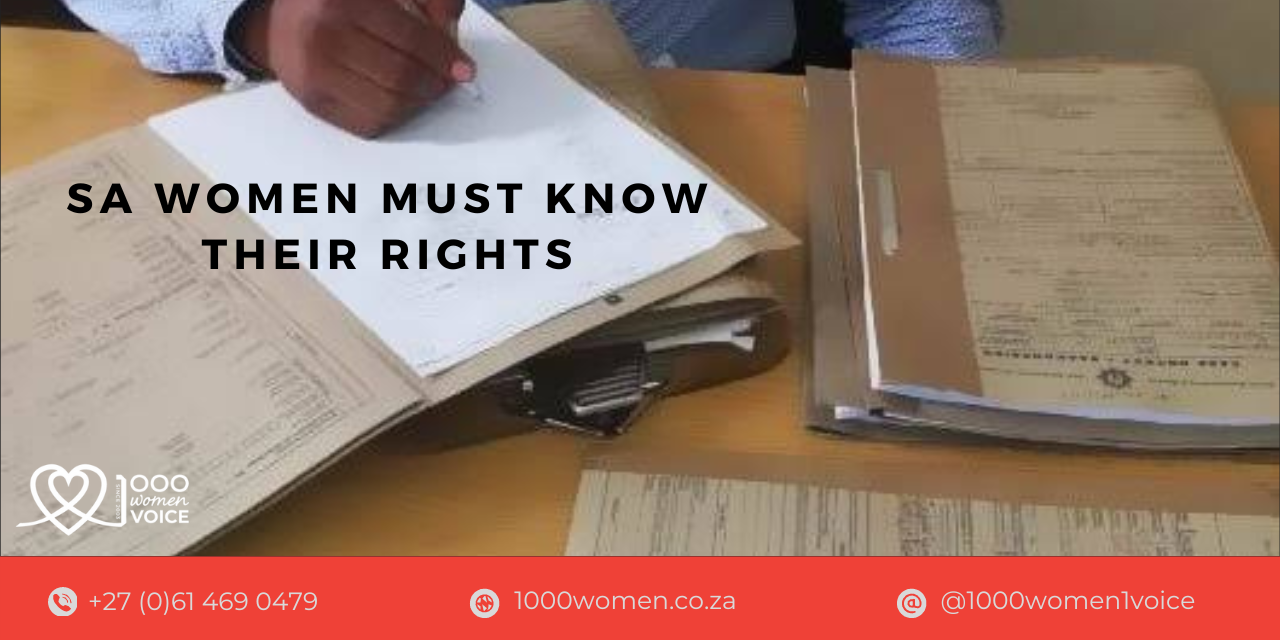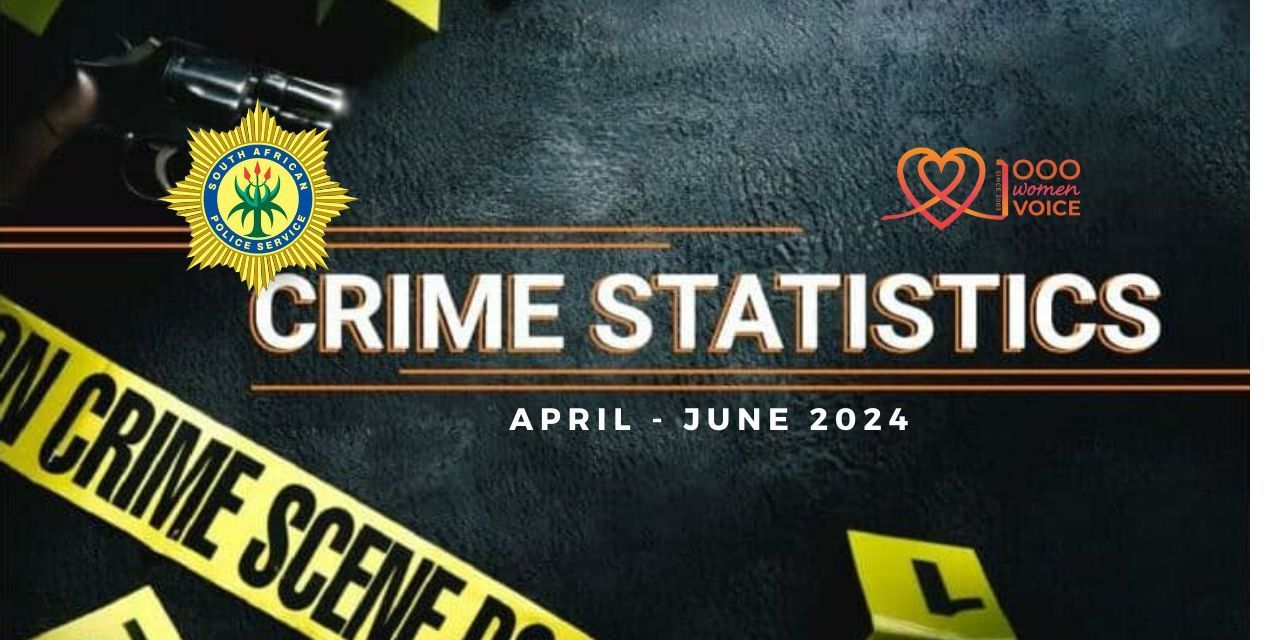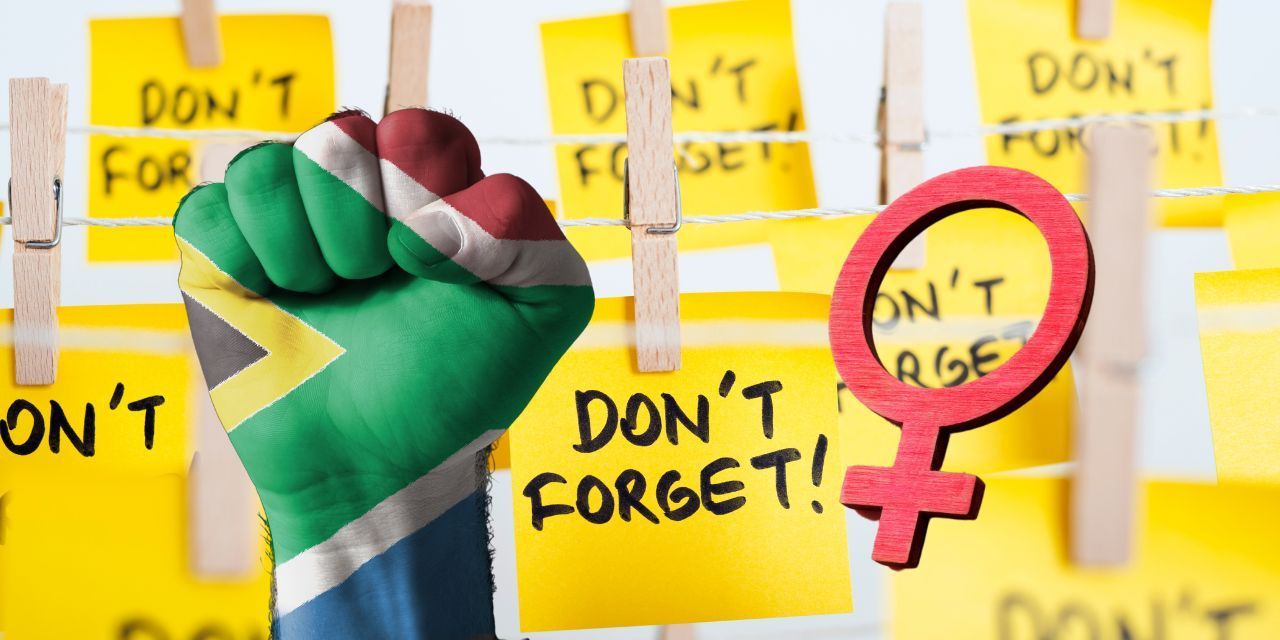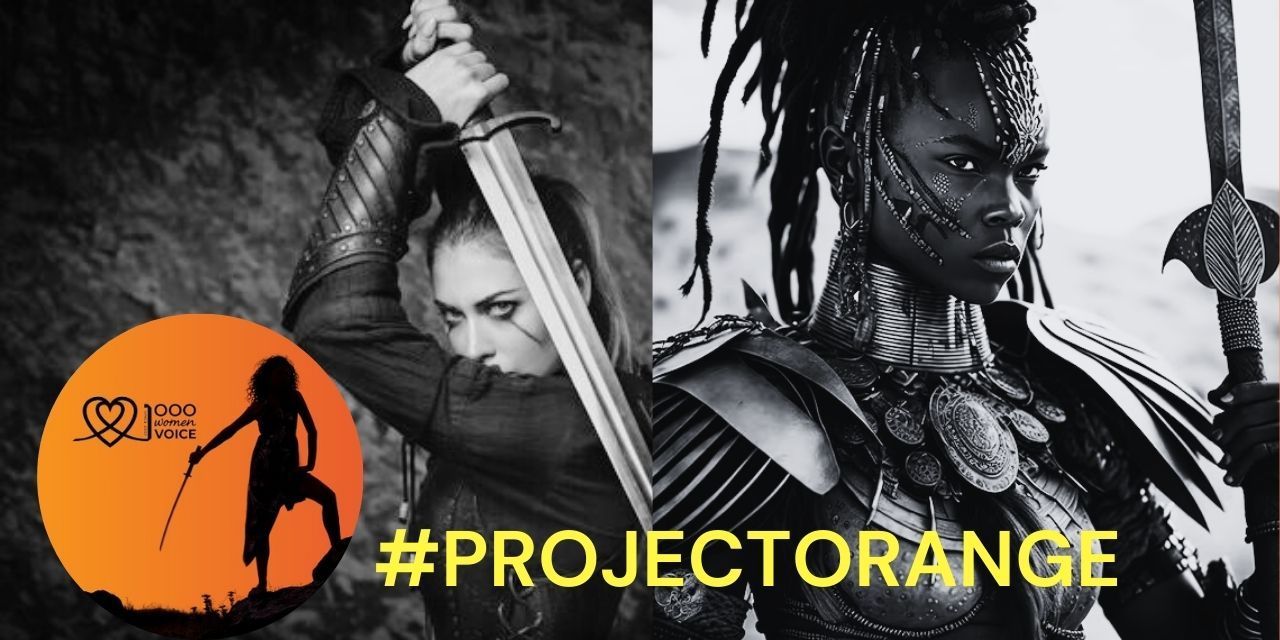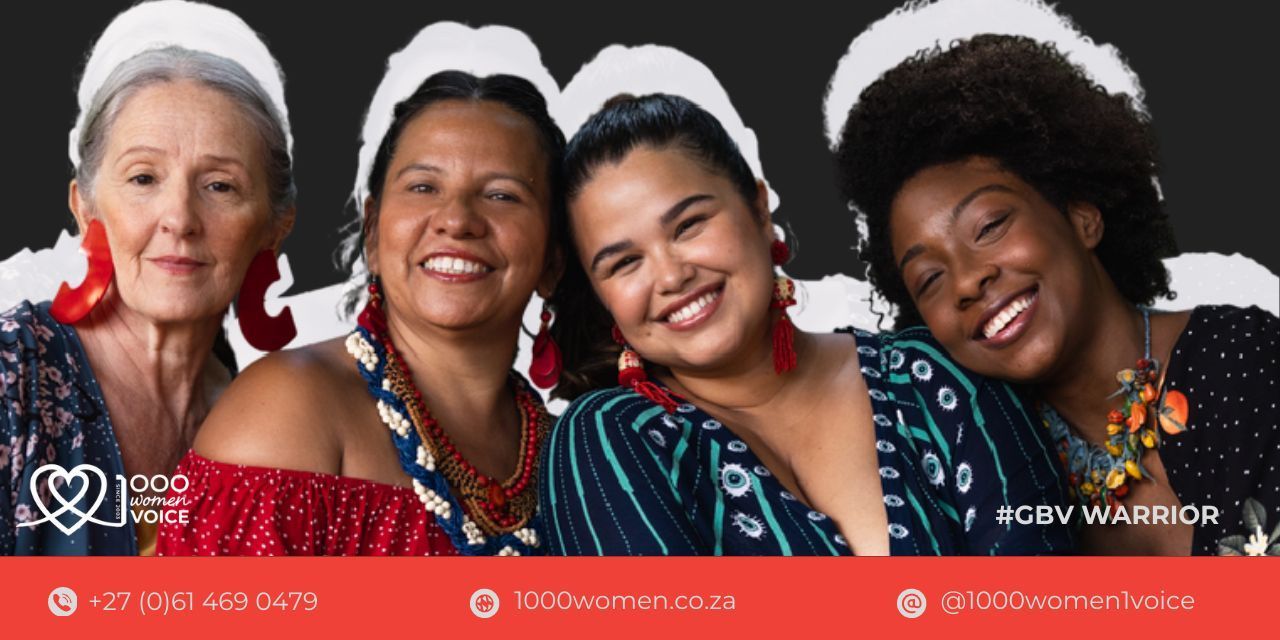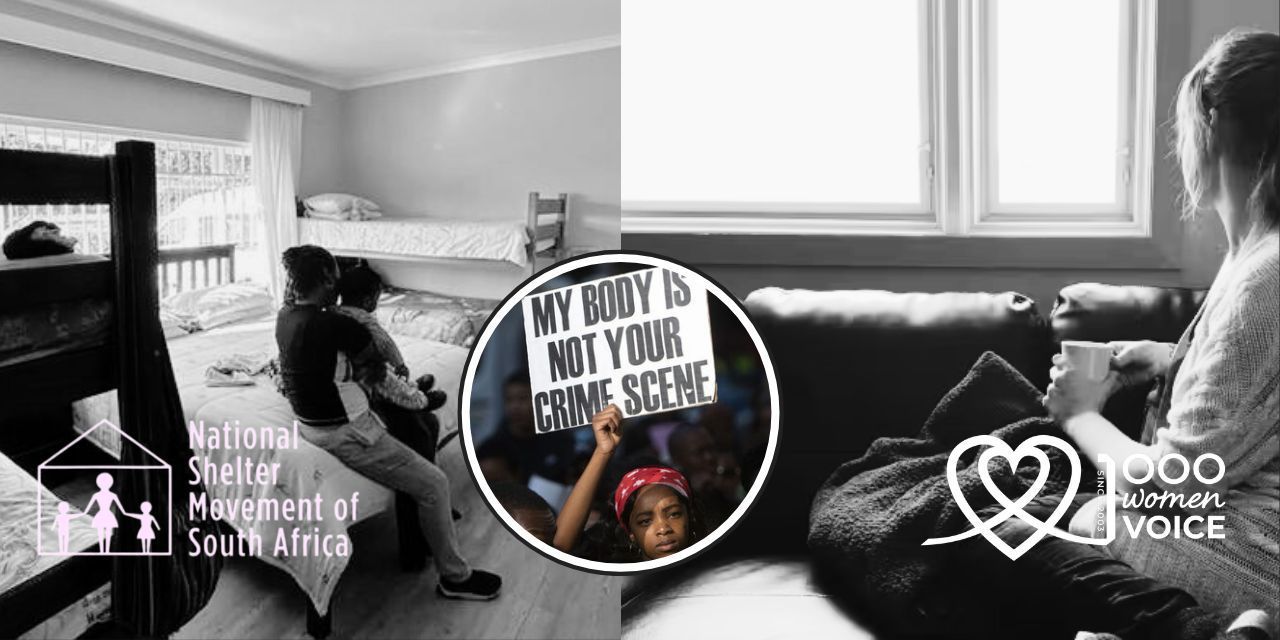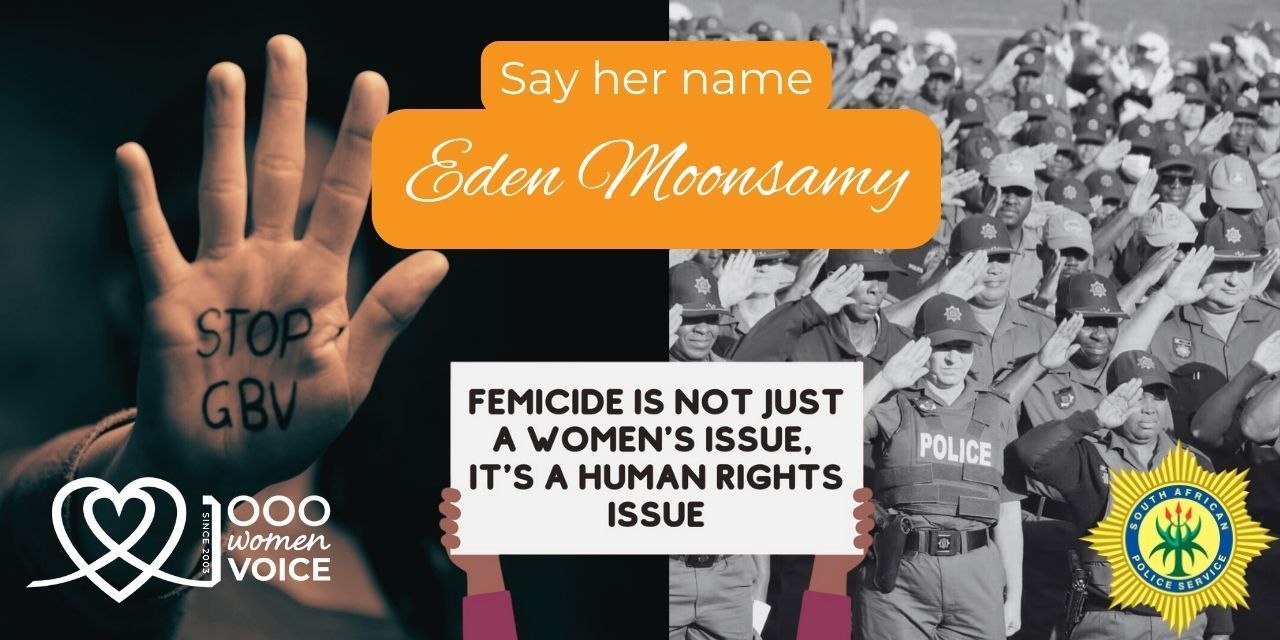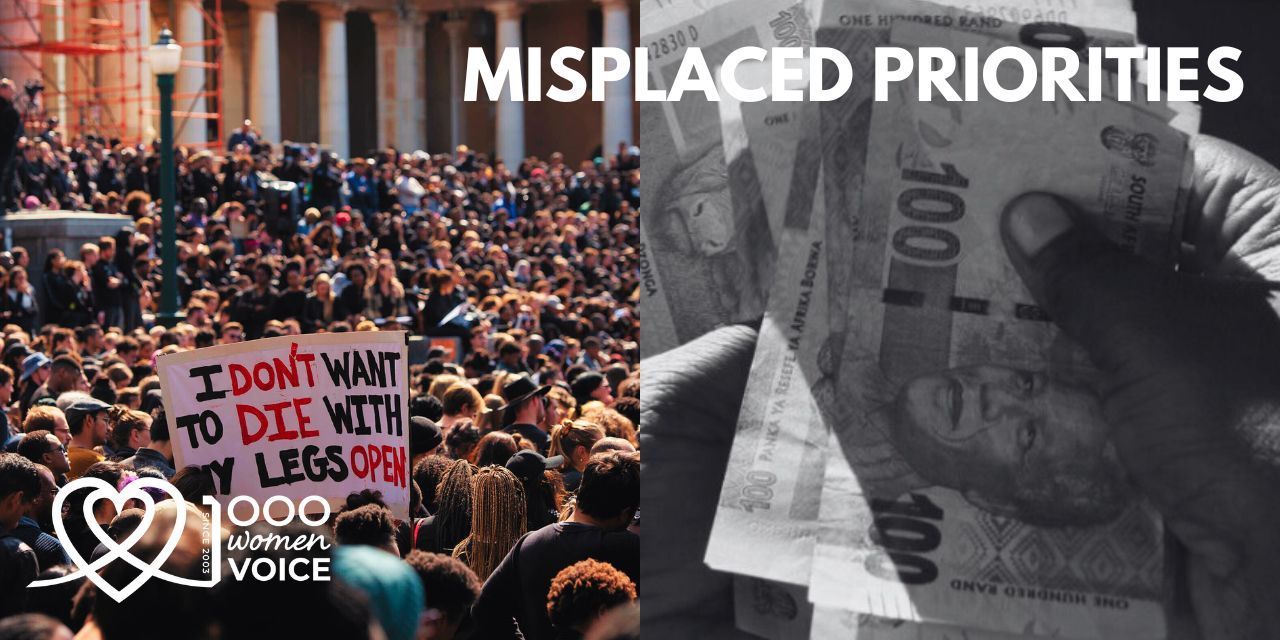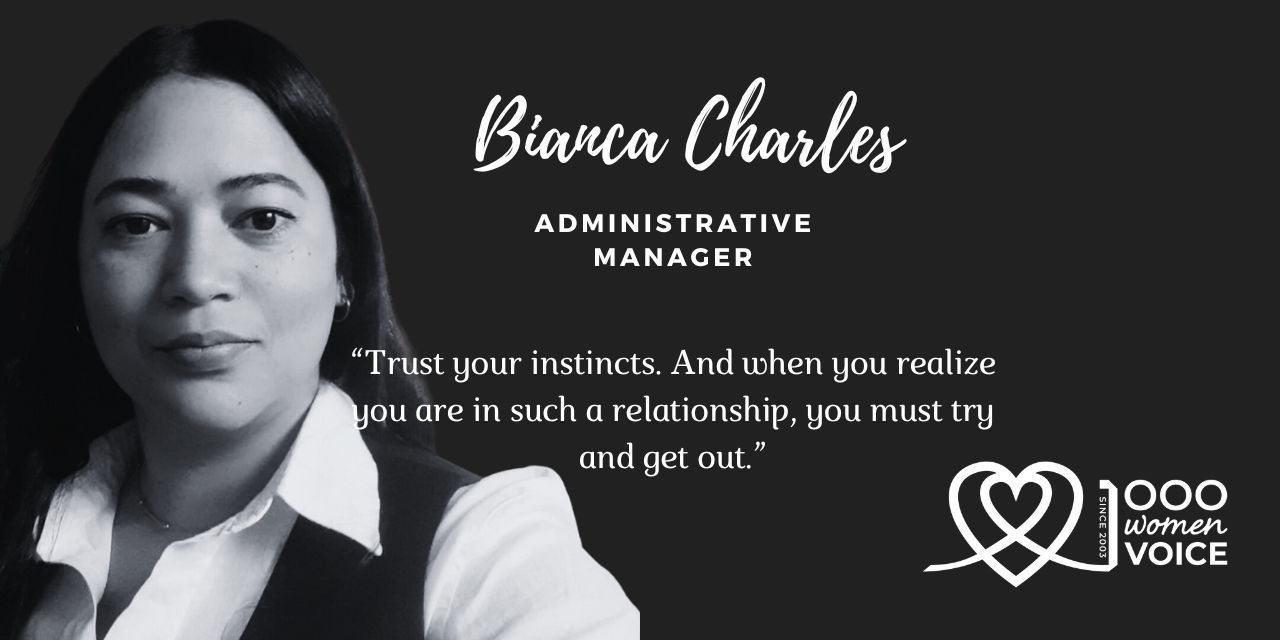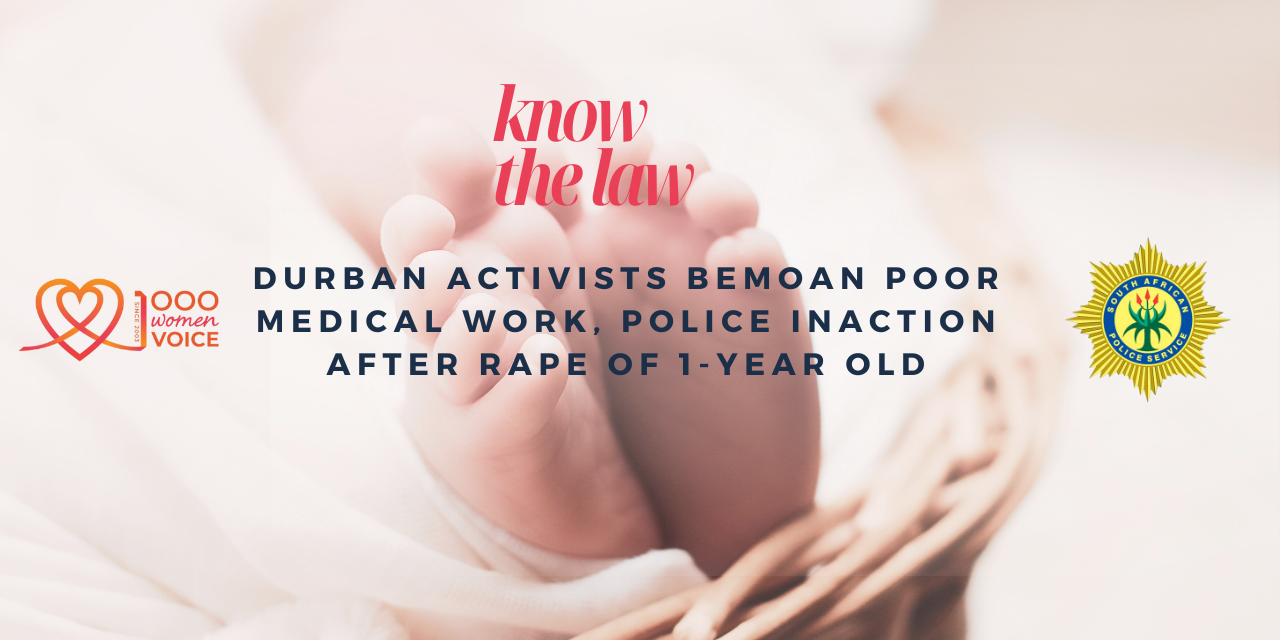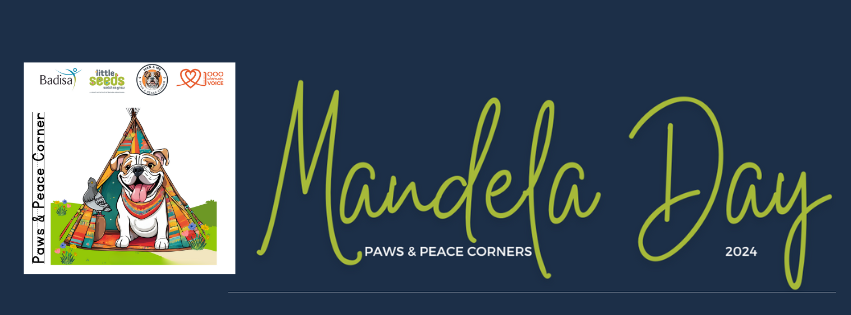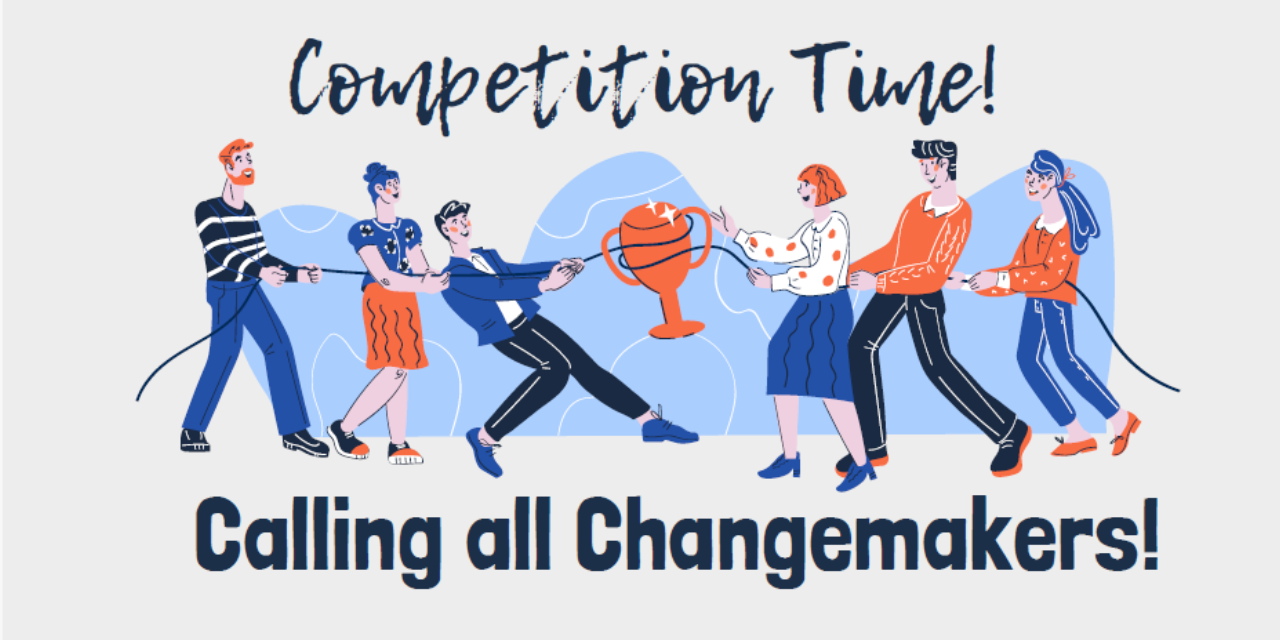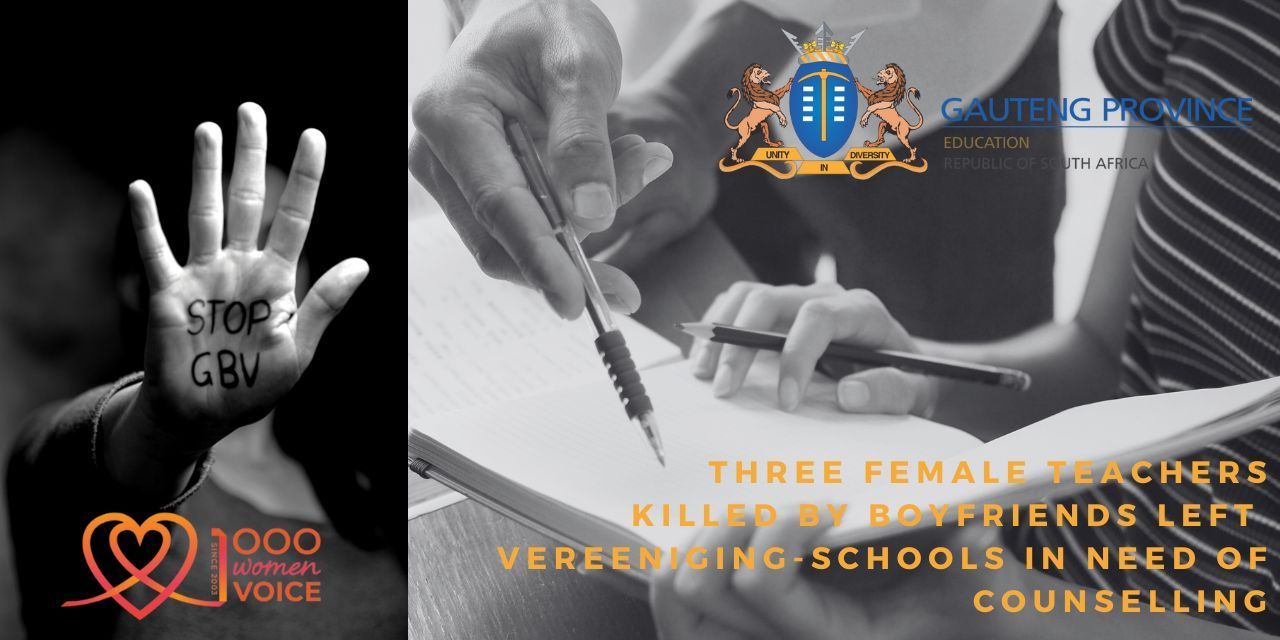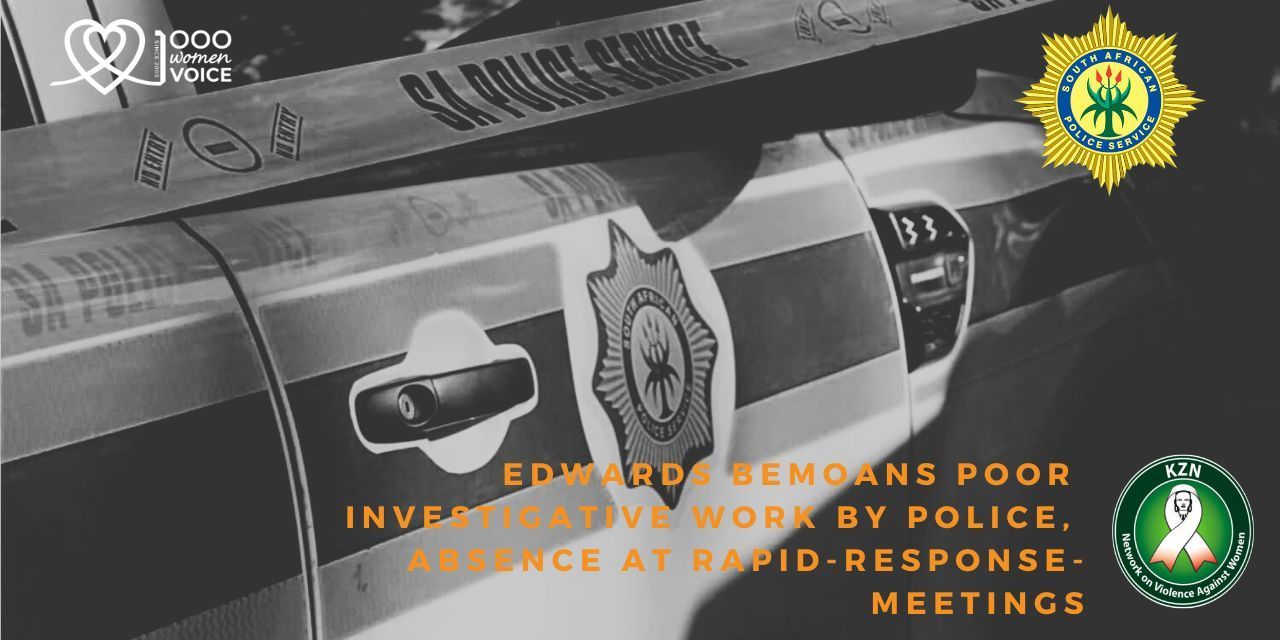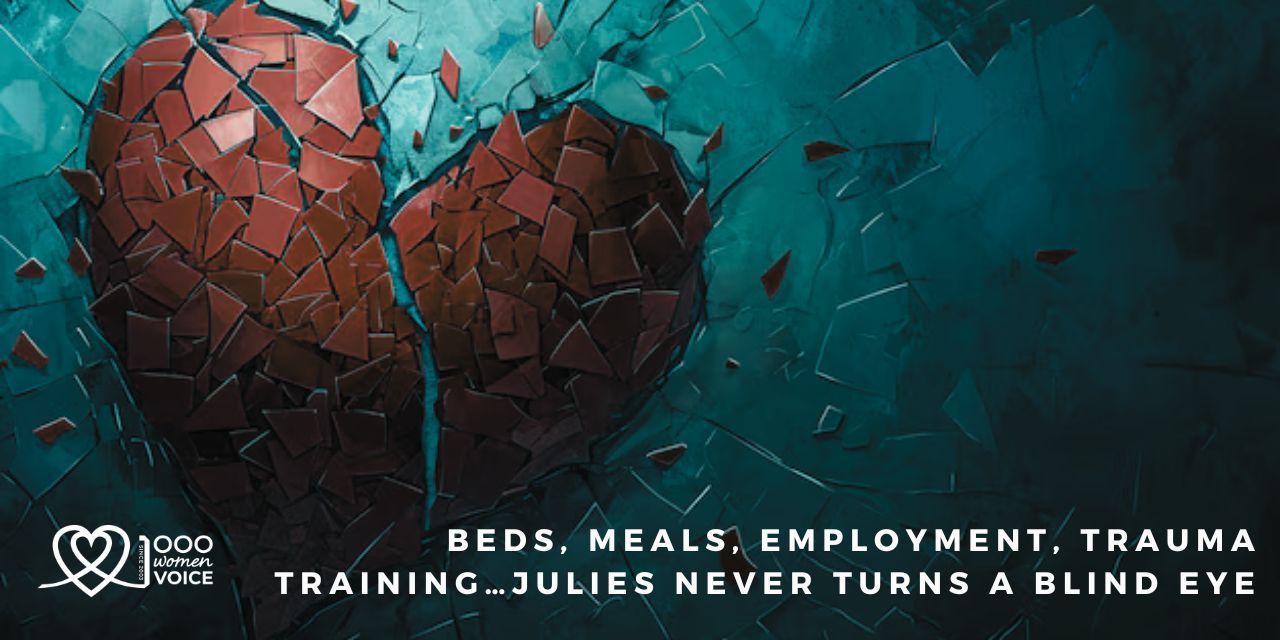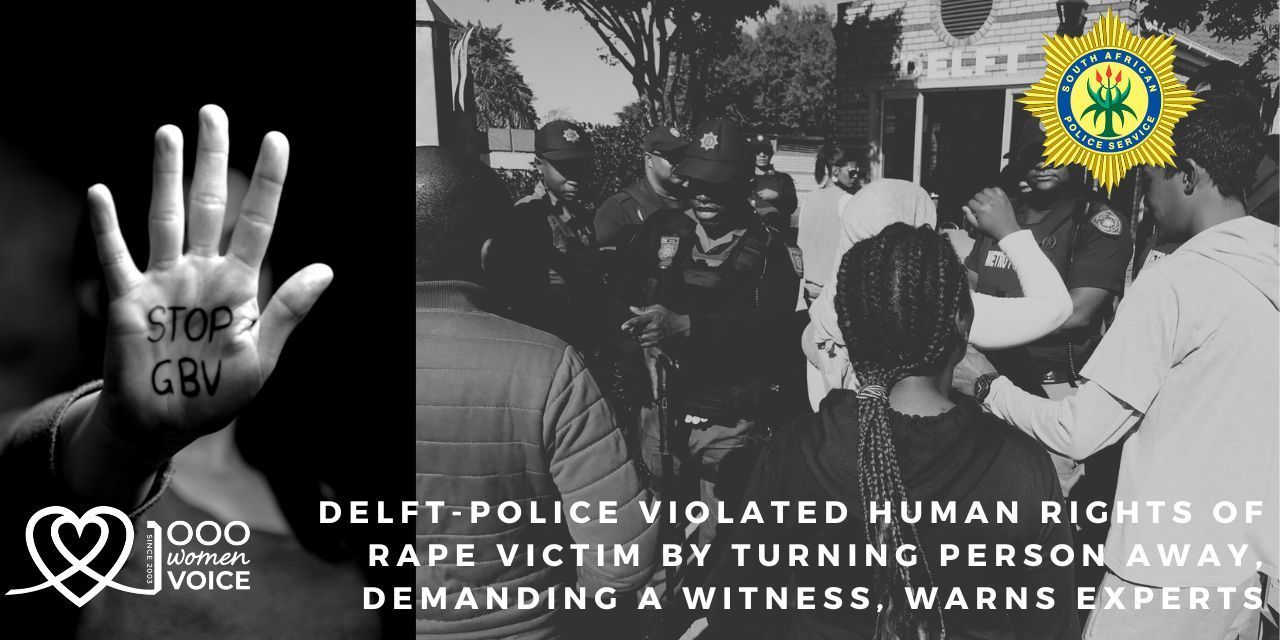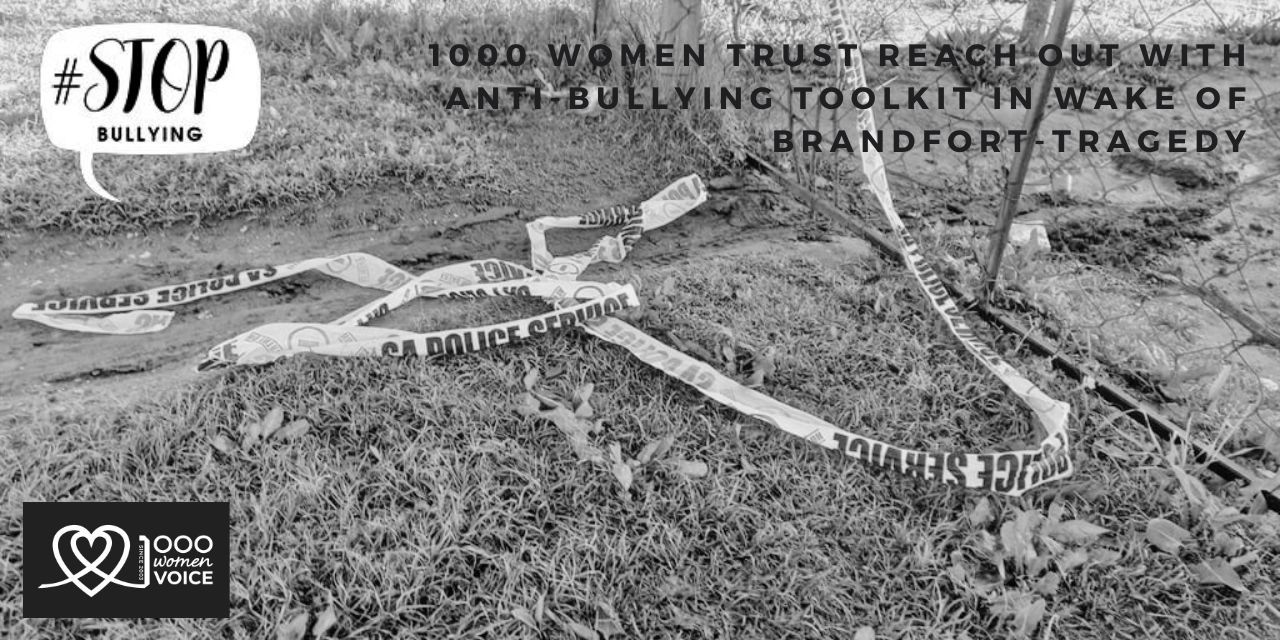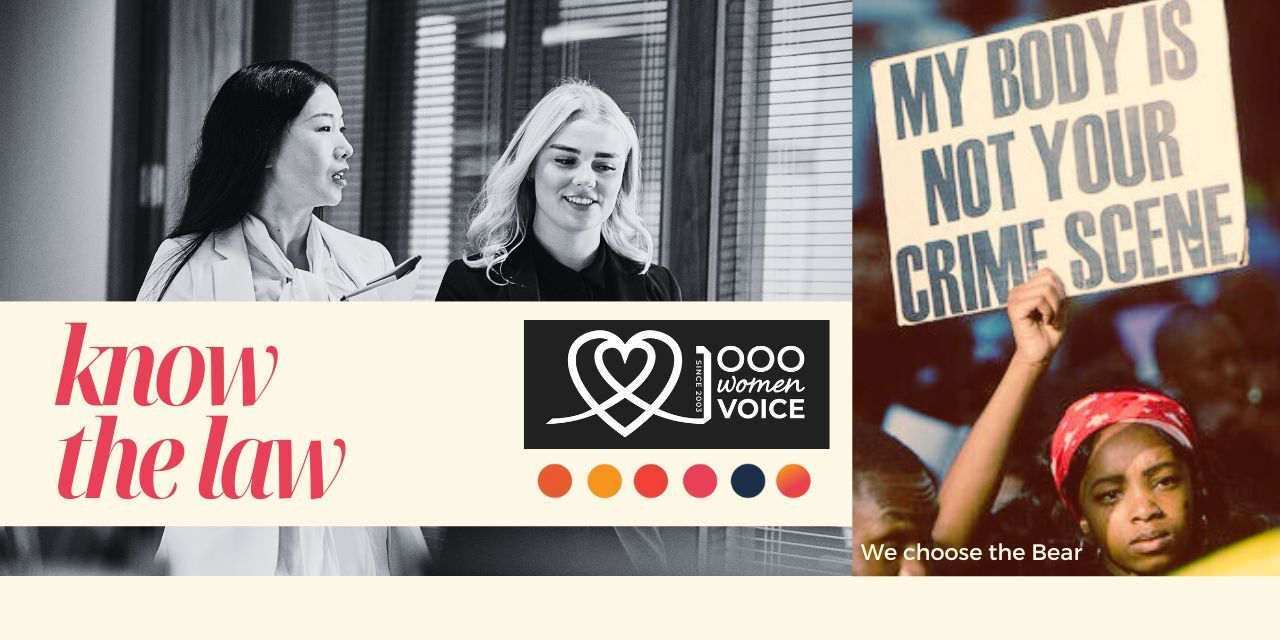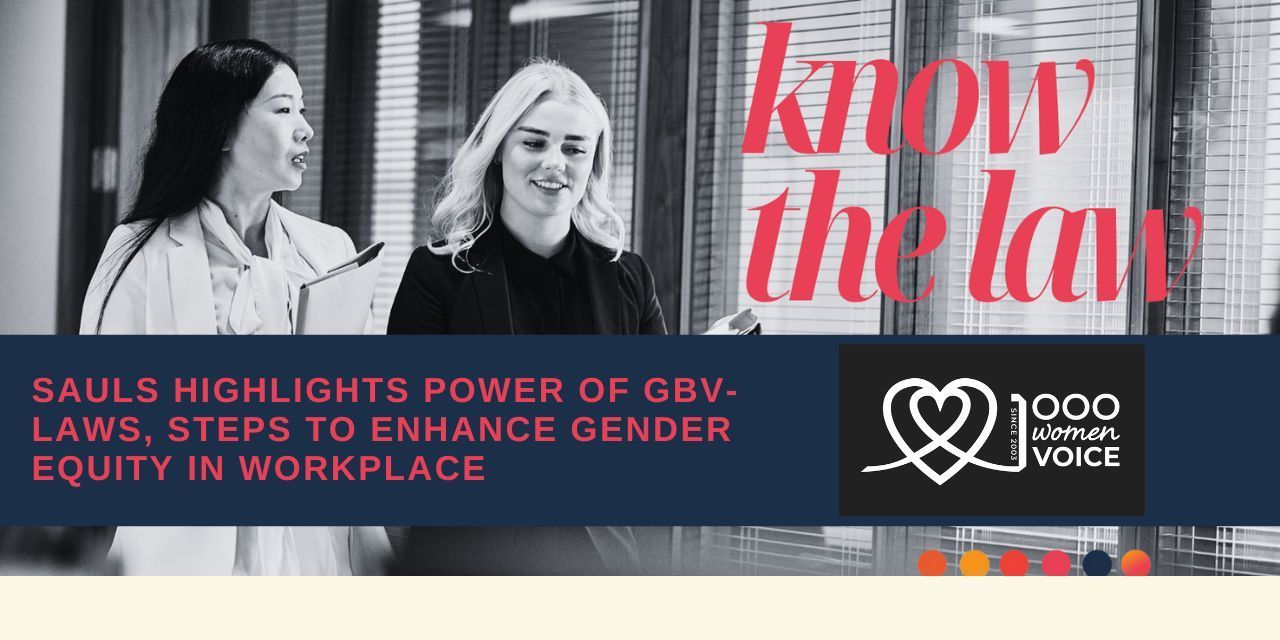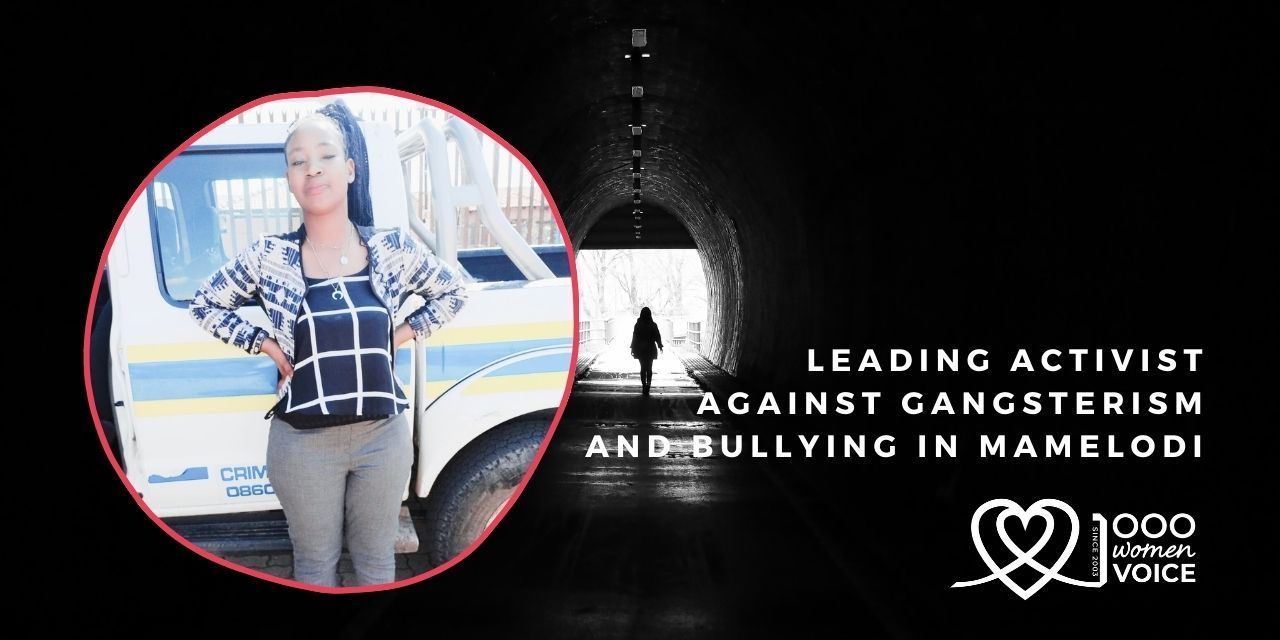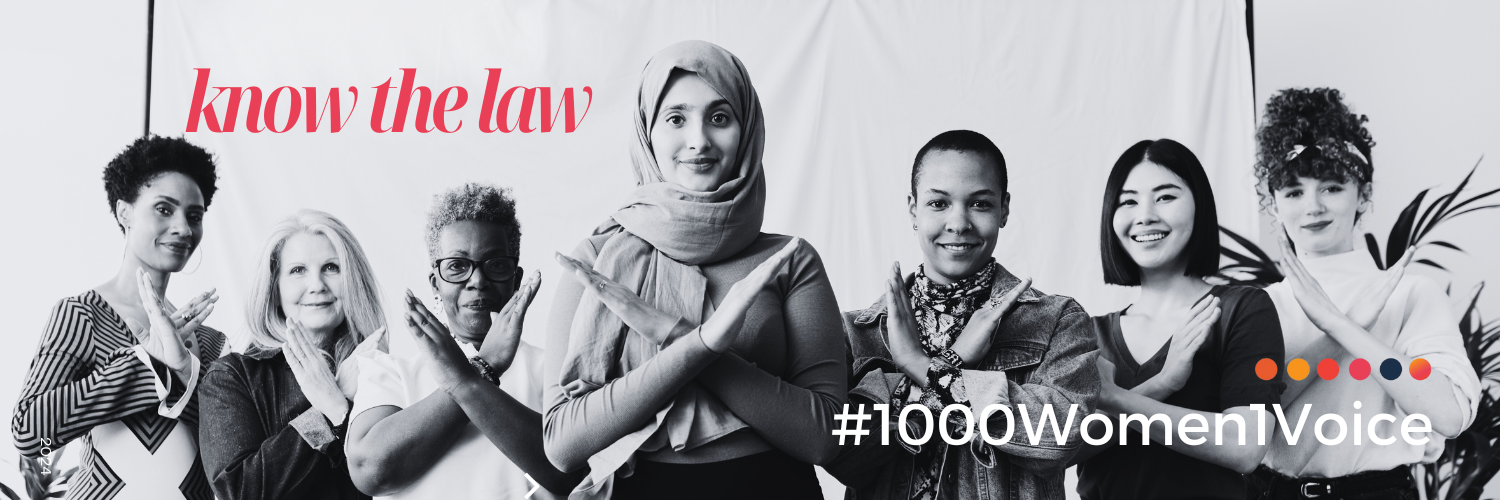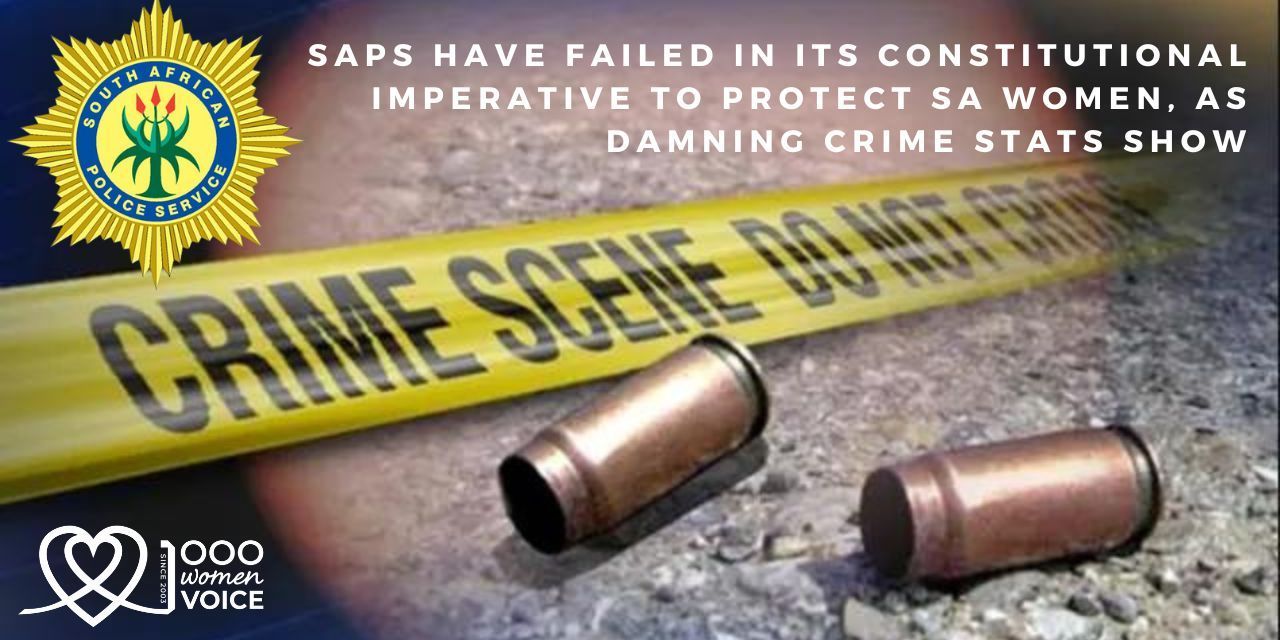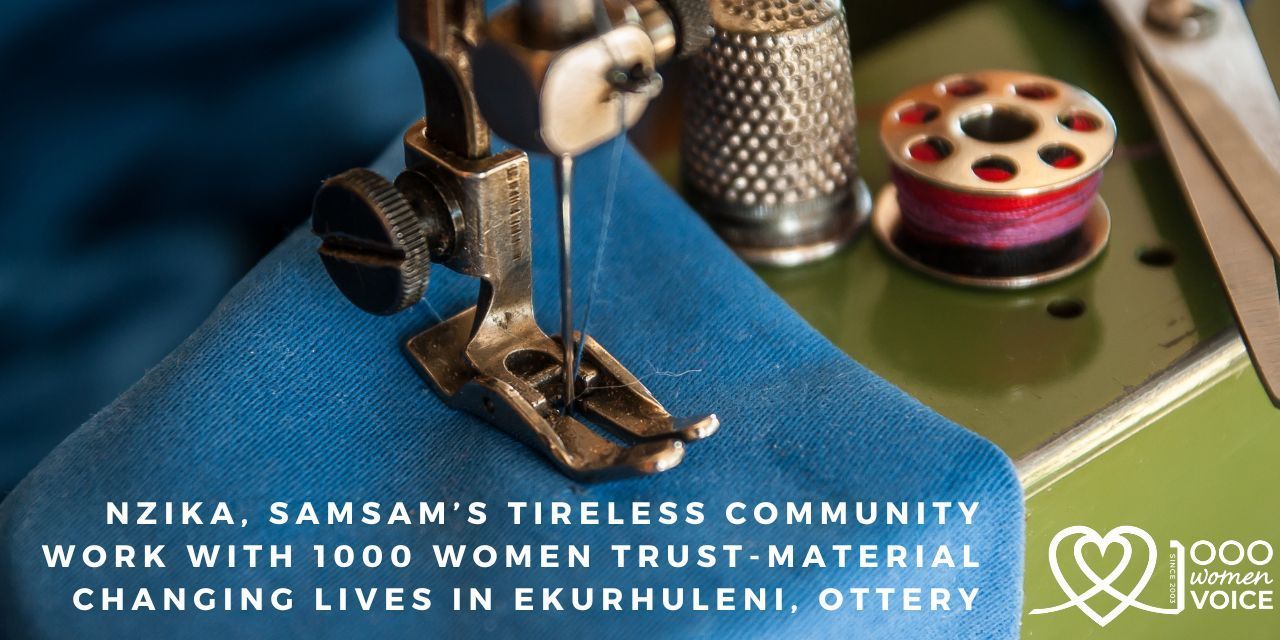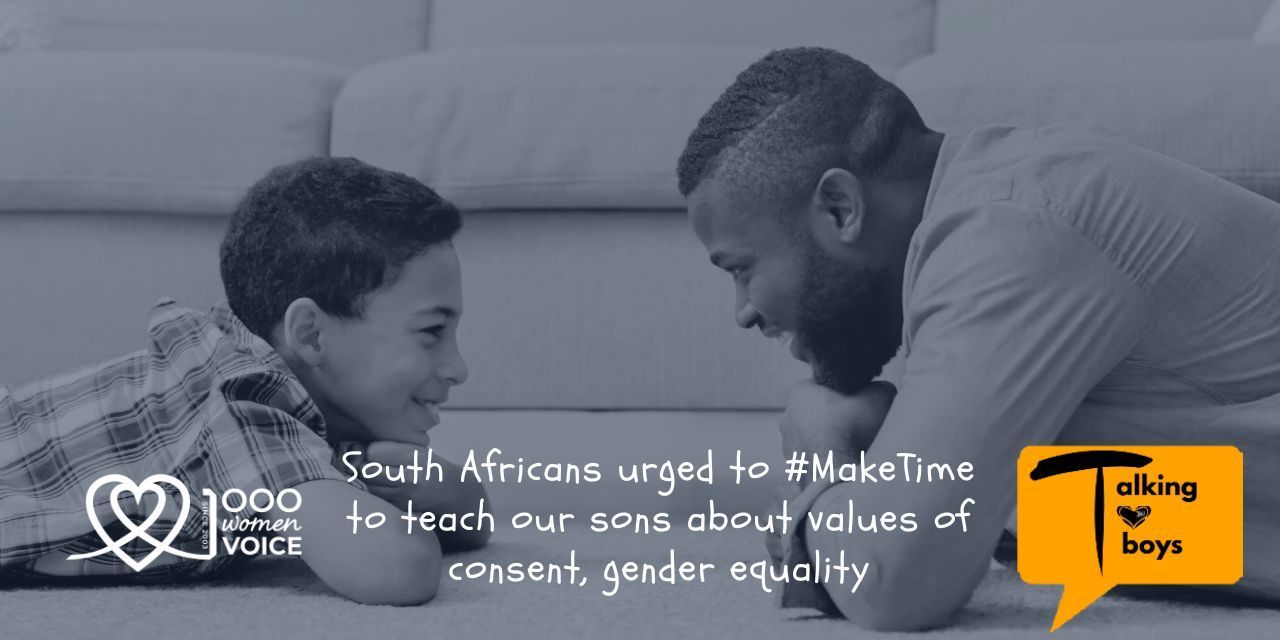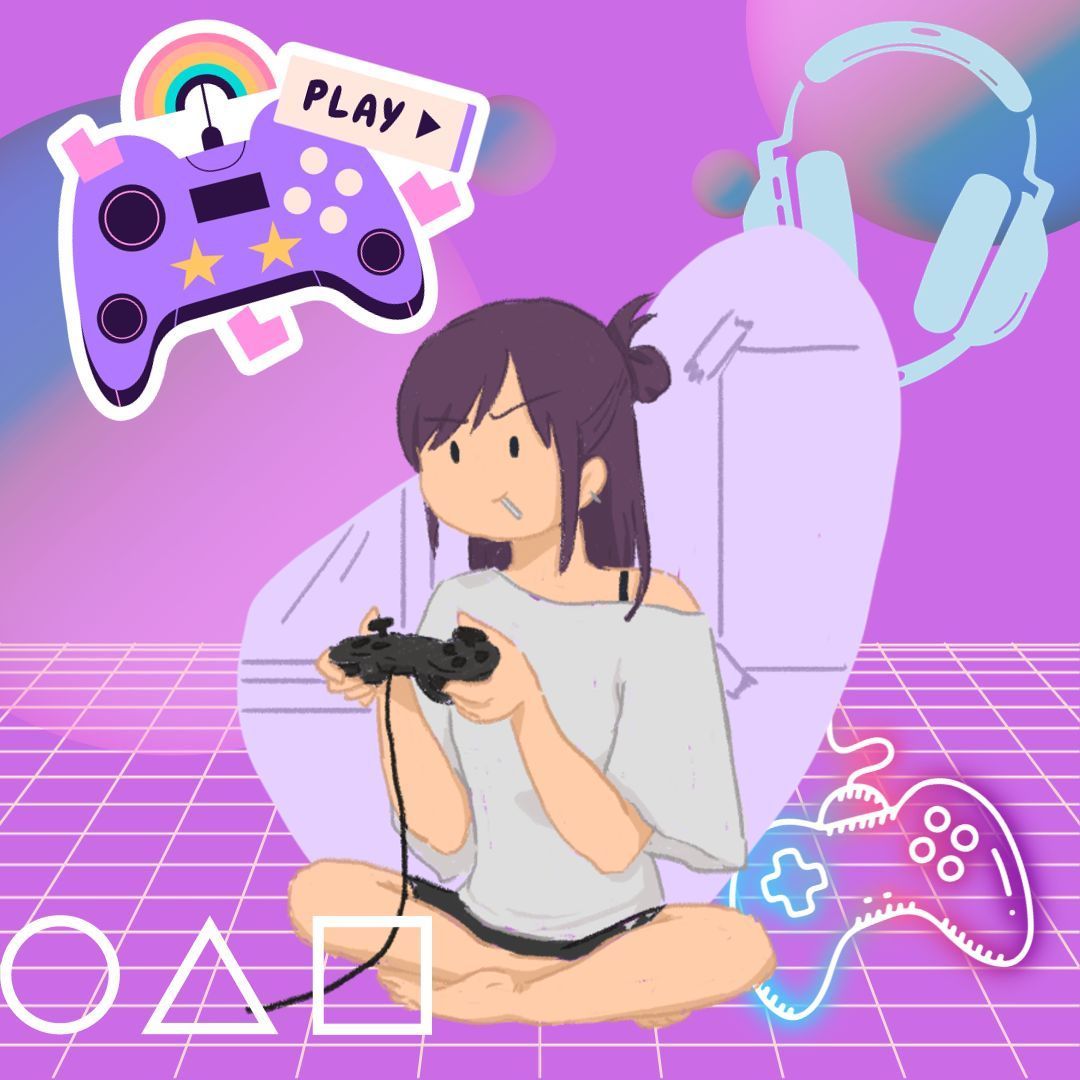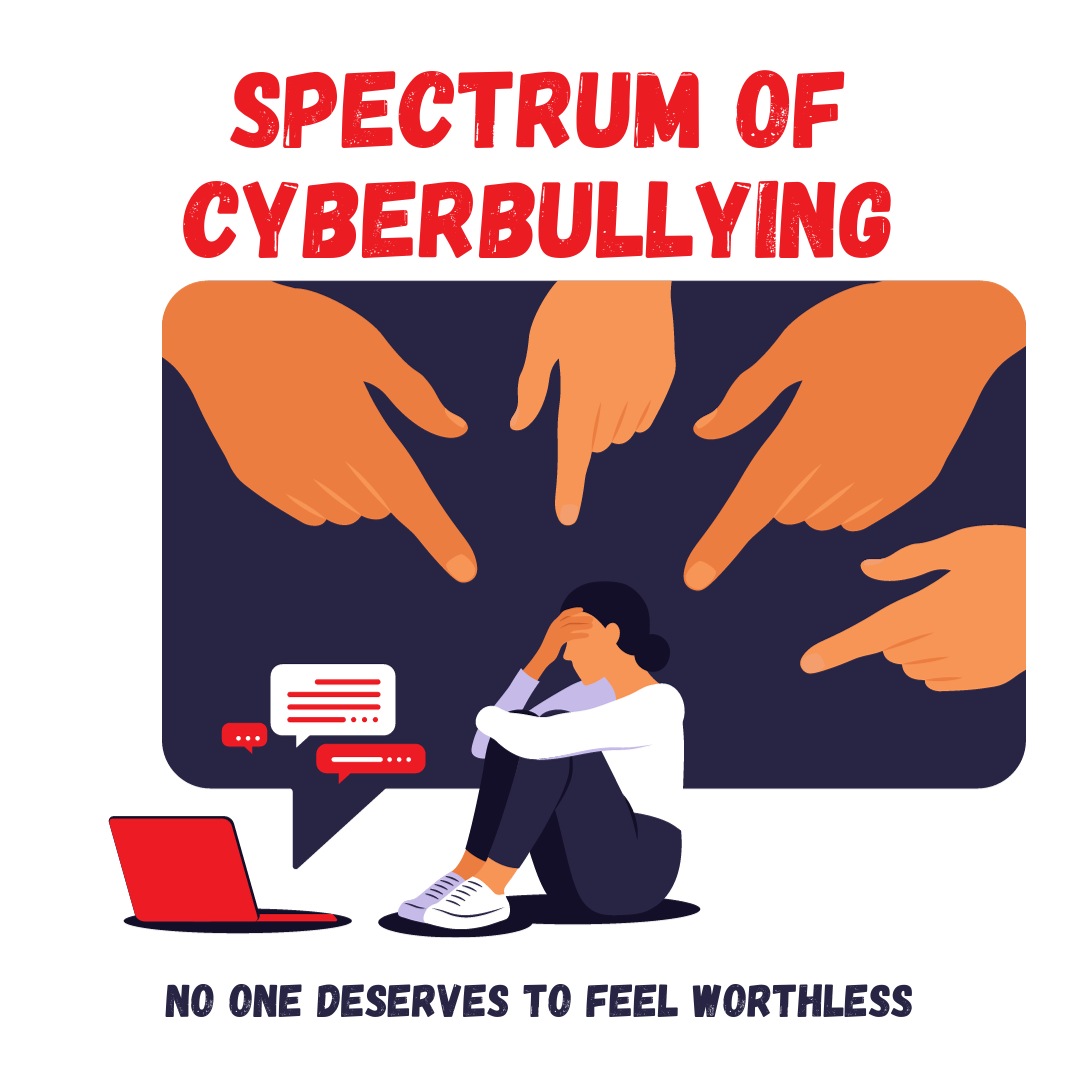by Adrie Jurgensen
•
25 June 2024
In a heartfelt initiative aimed at making a meaningful and lasting impact, The 1000 Women Trust, in partnership with Badisa, Little Seeds ECDs, and Max & Me, is proud to announce the launch of the Mandela Day project: Paws and Peace Corners. Creating Safe Spaces for Children The Paws and Peace Corners will be installed in various locations where children spend their time, such as Early Childhood Development Centres, classrooms, offices, police stations, hospitals, and doctor's rooms. These spaces are designed to help children deal with emotions, build empathy, and develop healthy ways to manage frustration, anger, and stress. Introducing Max, the English Bulldog A unique feature of these corners is the presence of Max, a lovable English Bulldog. Max serves as a comforting figure for children, encouraging them to express their feelings and talk about anything that bothers them. Even very young children, who may not yet have the words to express their emotions, can use the Emotion Cards—featuring images of a cartoon dog depicting various feelings such as fear, frustration, anger, hurt, joy, and love—to communicate their emotional state. Aims of the Paws and Peace Corners Emotional Identification and Impulse Regulation: Help children identify their emotions and learn to manage them appropriately. Empathy and Respect: Foster empathy and respect for others. Calming Tools and Activities: Provide children with tools and activities to calm down before acting out. Appropriate Management of Stress: Teach children how to manage frustration, anger, and stress in a healthy way. Why This Matters Adrie Jurgensen, also known as the Mommy Bulldog and the brand and social media specialist at 1000 Women Trust, who is also the inventor of Max & Me, explains, “We expect kids to always behave and be in control, but we don’t always know how to handle it when they act out. Research shows that children who bully often become perpetrators of gender- based violence (GBV) later in life. By addressing these issues at their root cause in an age- appropriate and non-scary way, we can help children learn to trust, express themselves, and build healthy relationships both now and in the future.” How to Partner with Us The 1000 Women Trust invite individuals and organisations to sponsor a Paws and Peace Corner. The goal is to establish 20 corners, with the estimated cost per corner being R1000. This includes a sticker, a dog, and a toolkit with two stories, the Emotion Cards, and colouring pages. Additionally, we welcome donations of fidget toys, colouring pencils, soft pillows, and English Bulldogs (toys or handmade). Patterns will be available on Social Media page for those interested in crafting their own contributions. Contact Information Any donations can be sent to our office at Ivanhoe Rd, Fish Hoek, Cape Town, 7974 Western Cape, South Africa . To get involved or sponsor a Paws and Peace corner, send an email to info@1000women.co.za or call 061 460 0479 . Together, we can create a brighter, safer future for our children. Join us in making a difference this Mandela Day.
